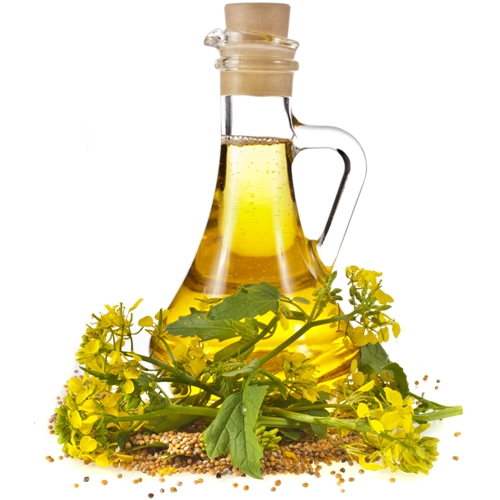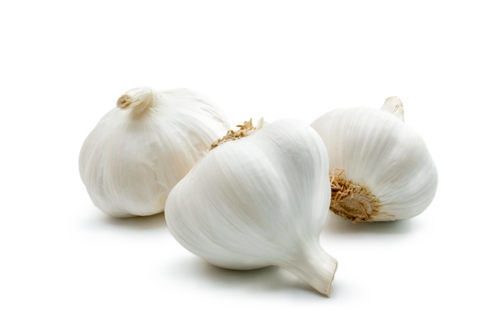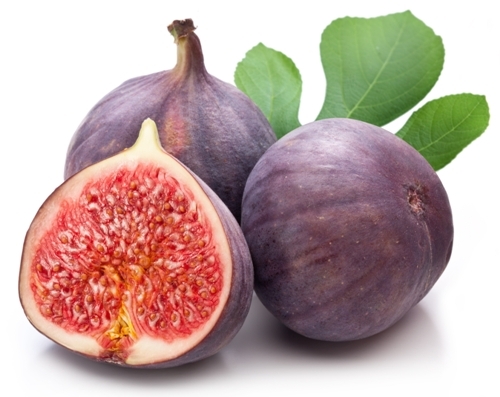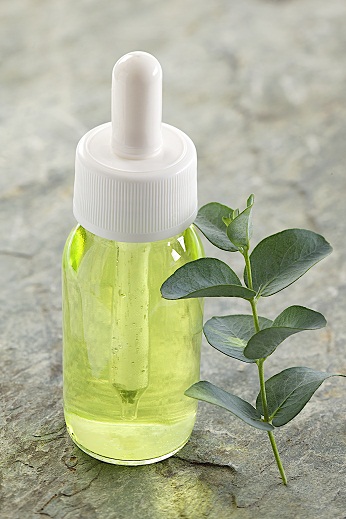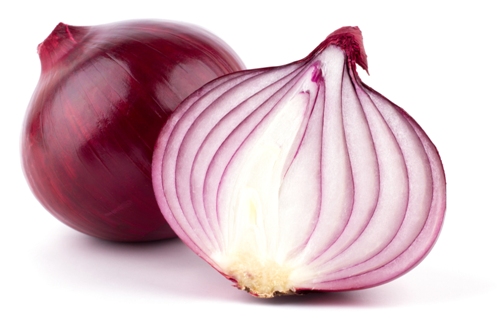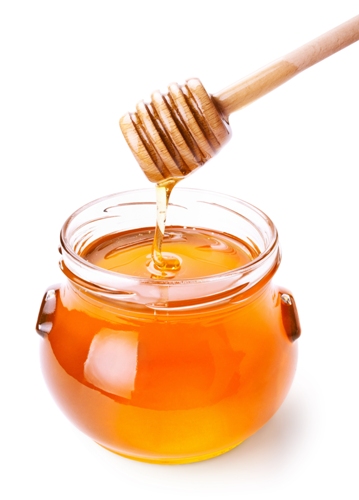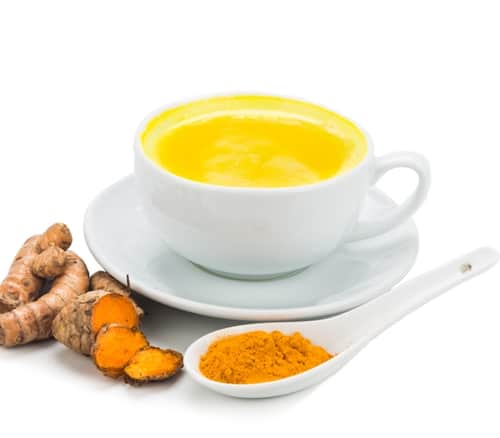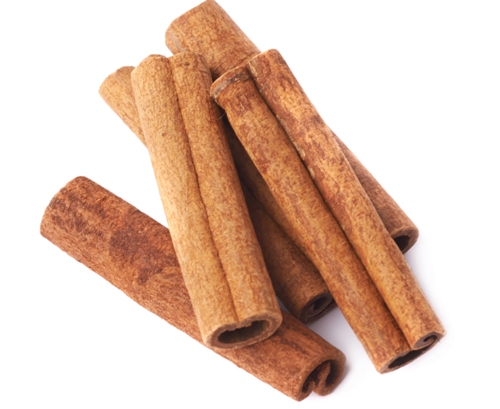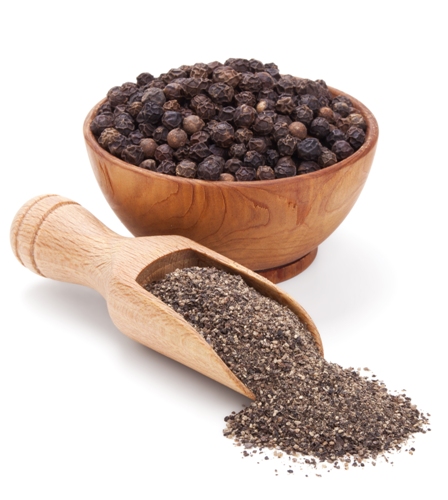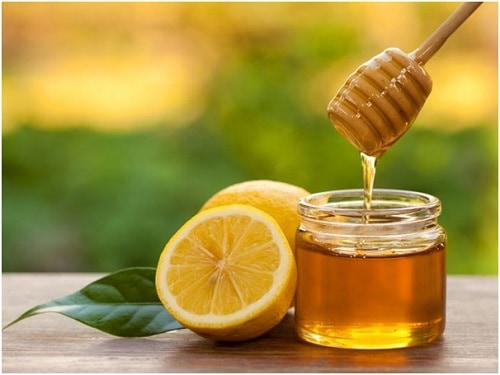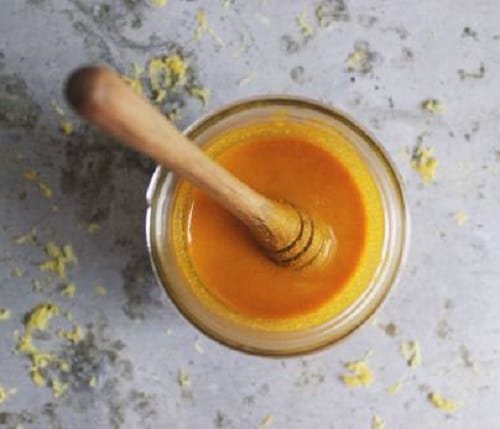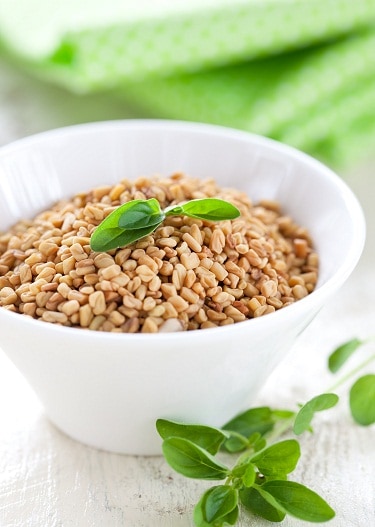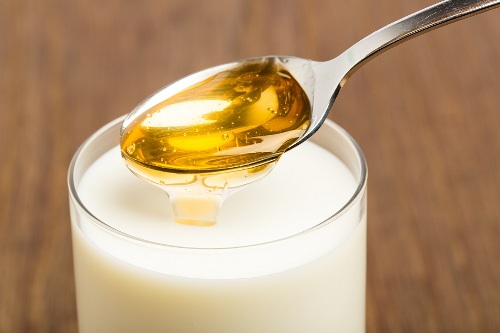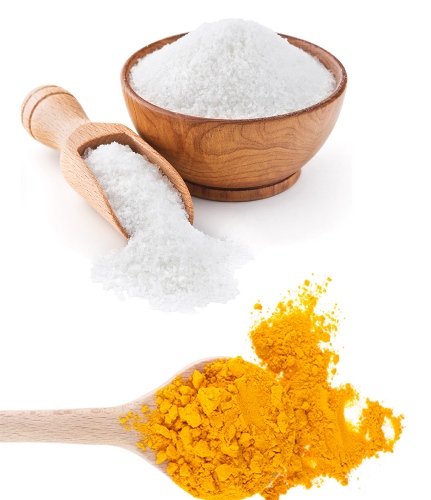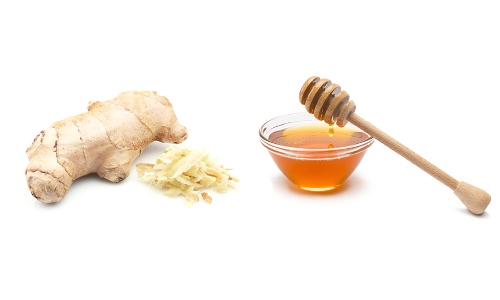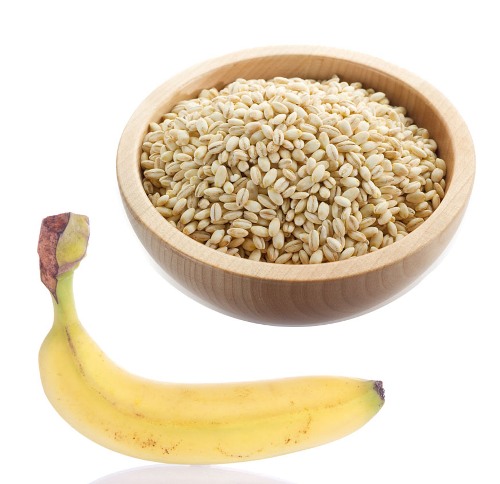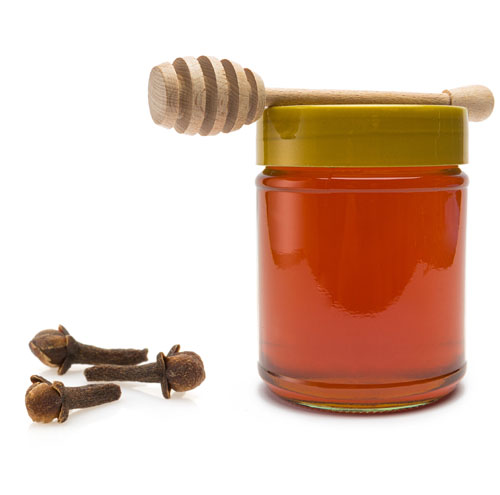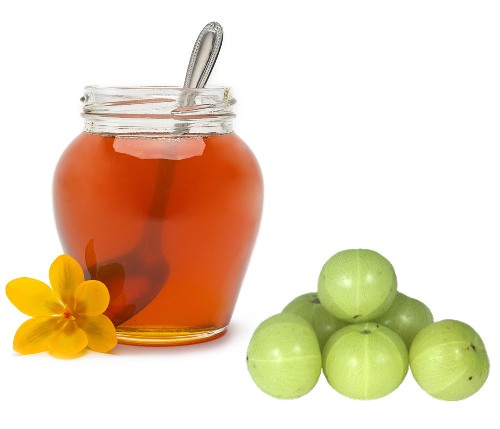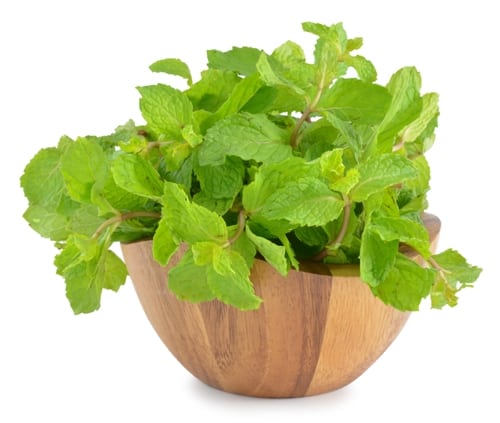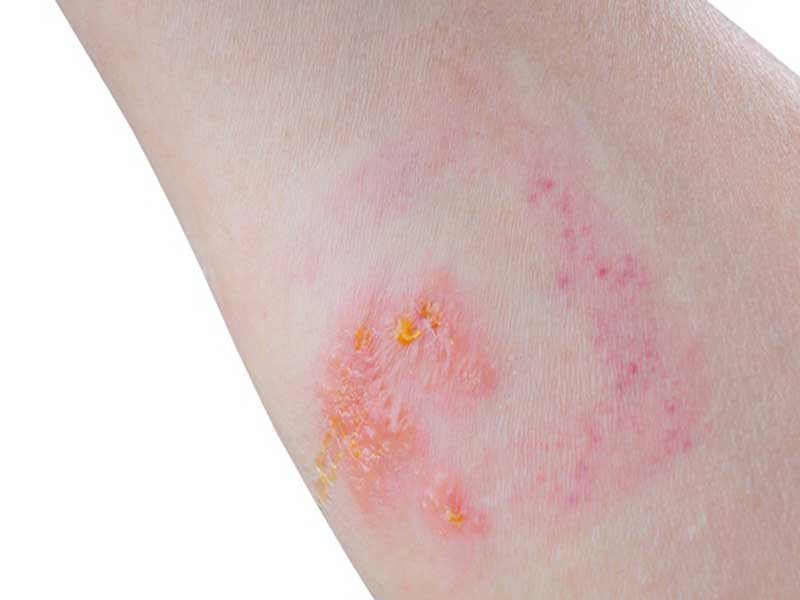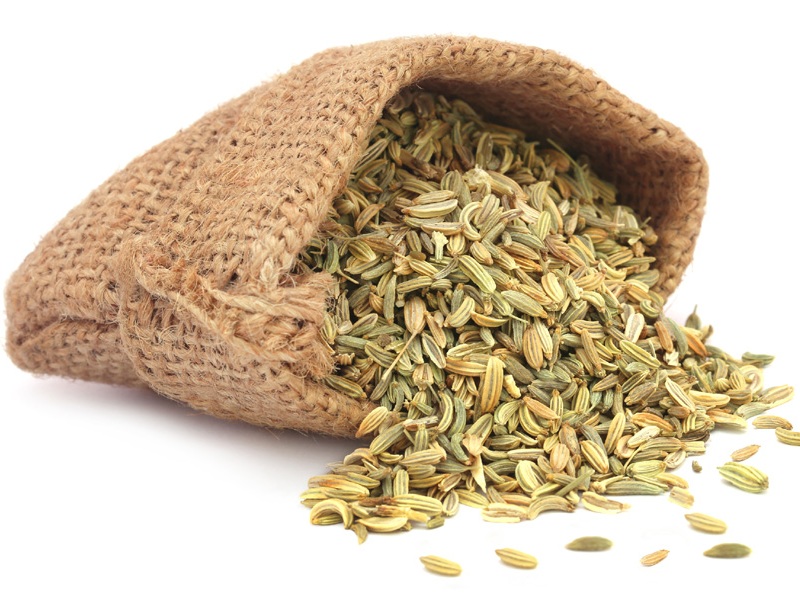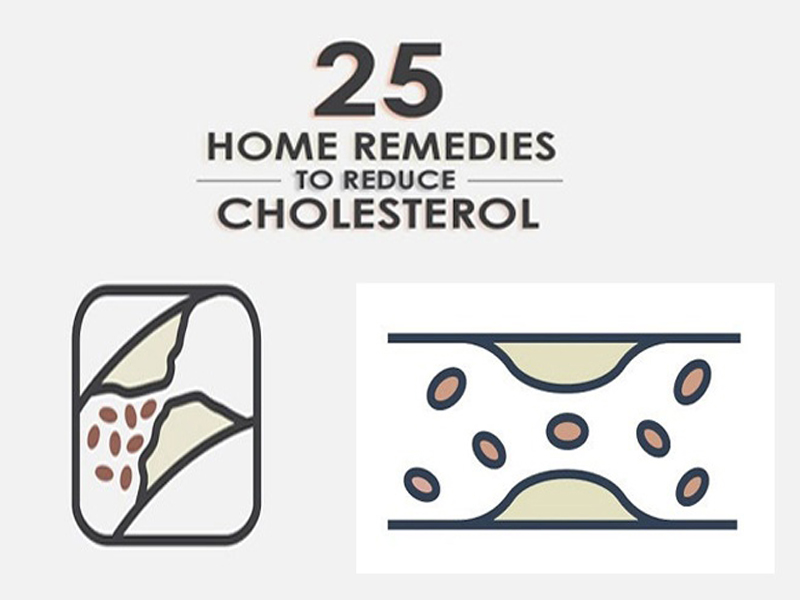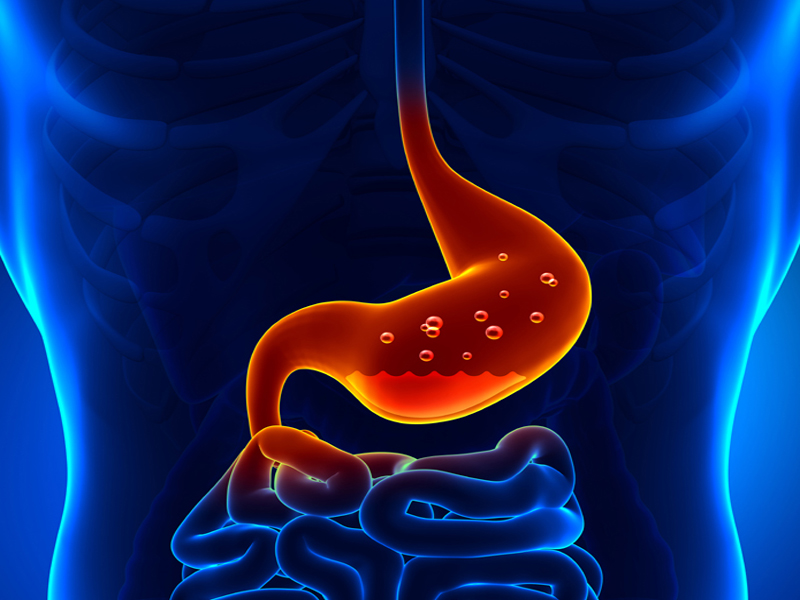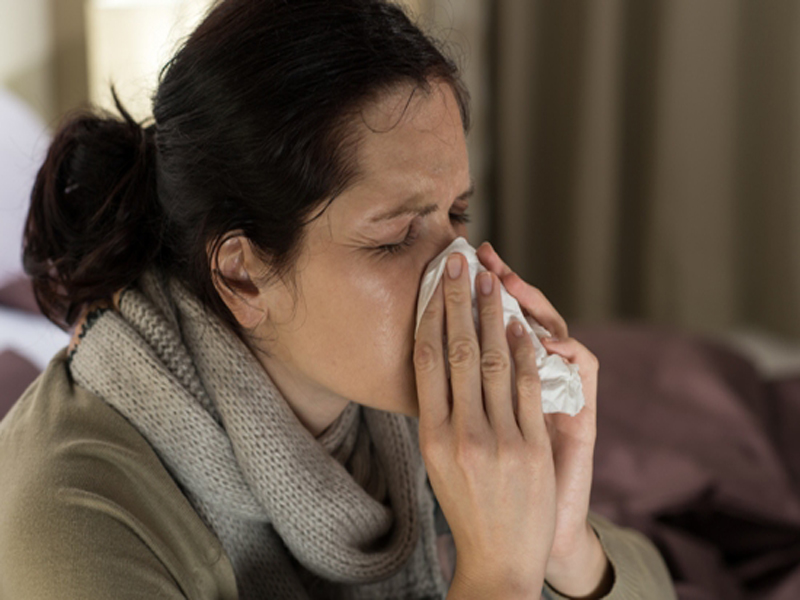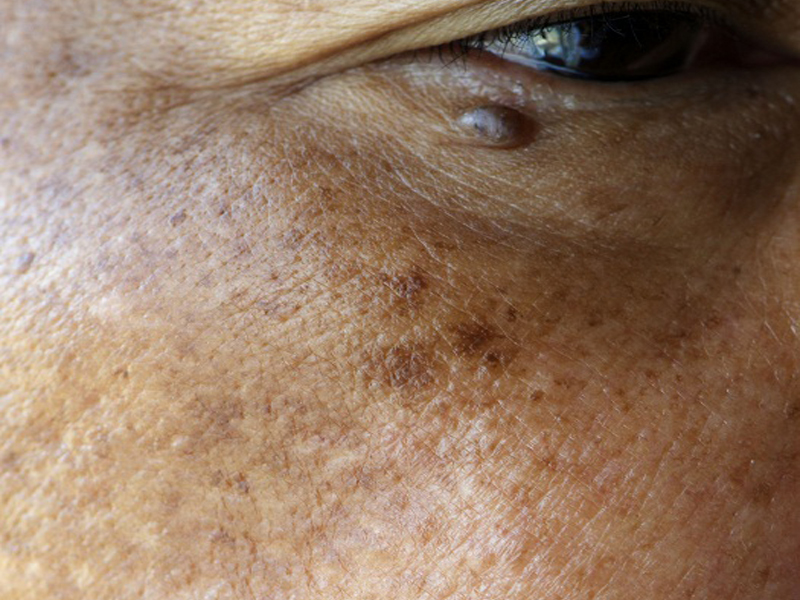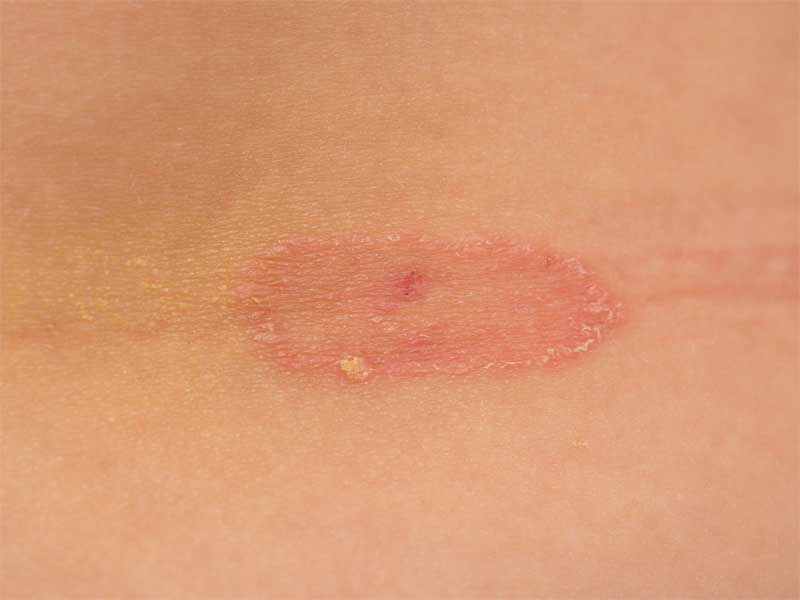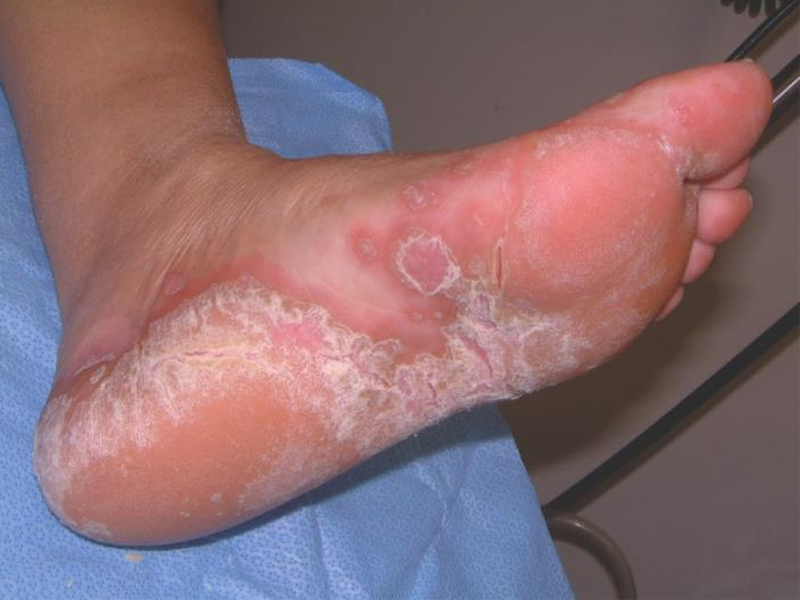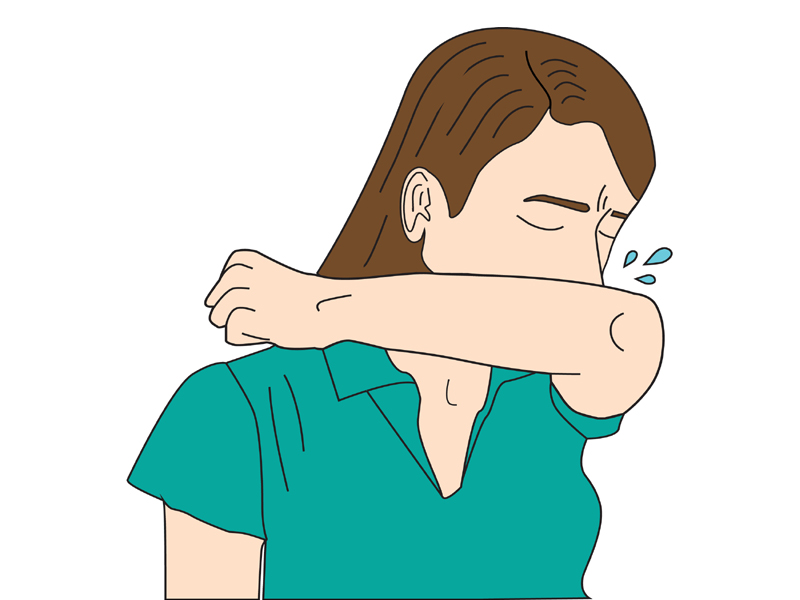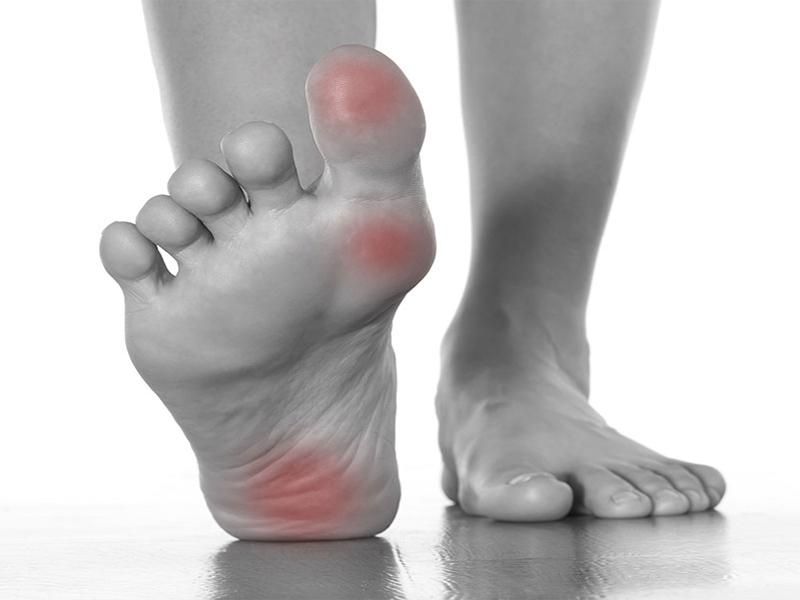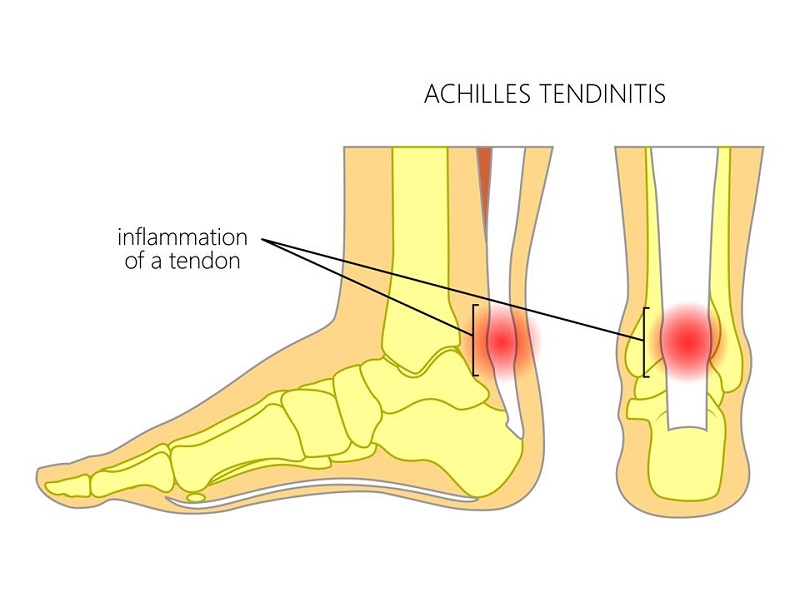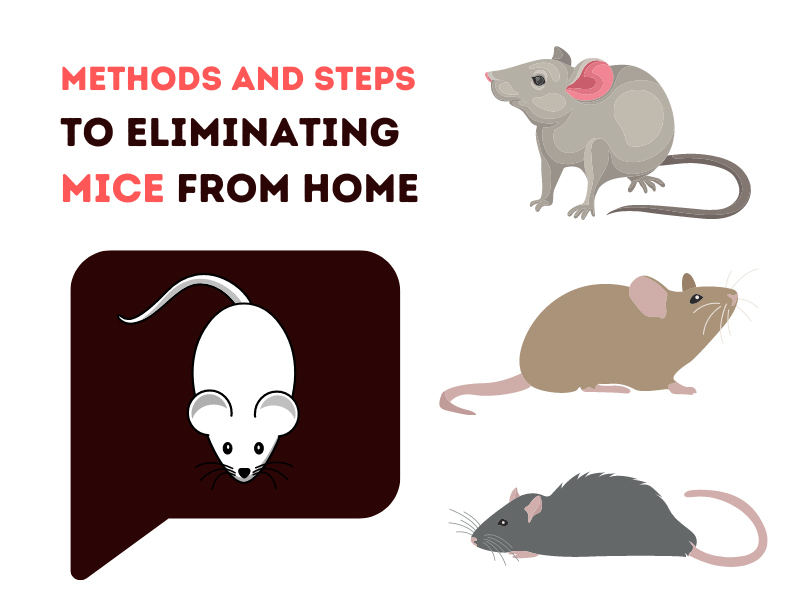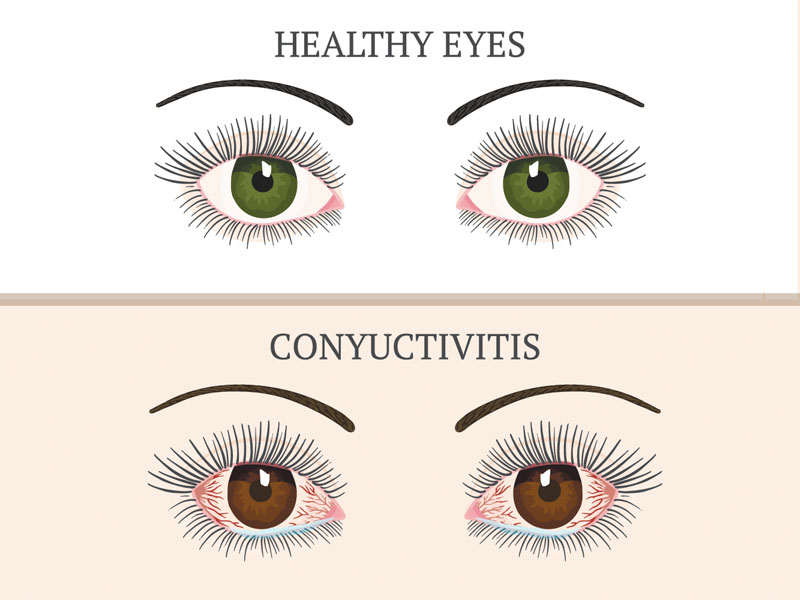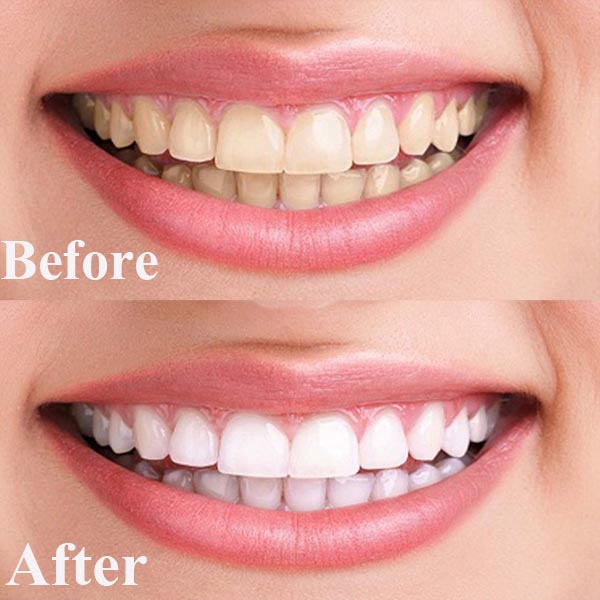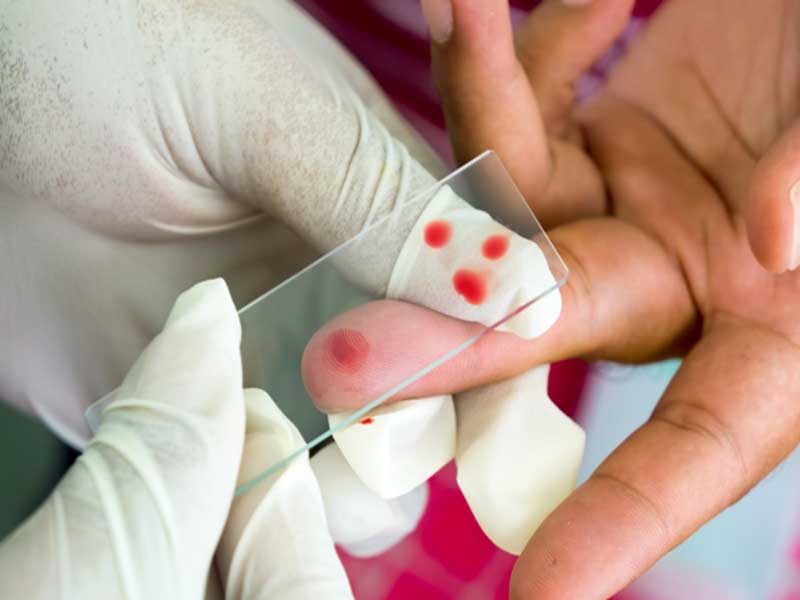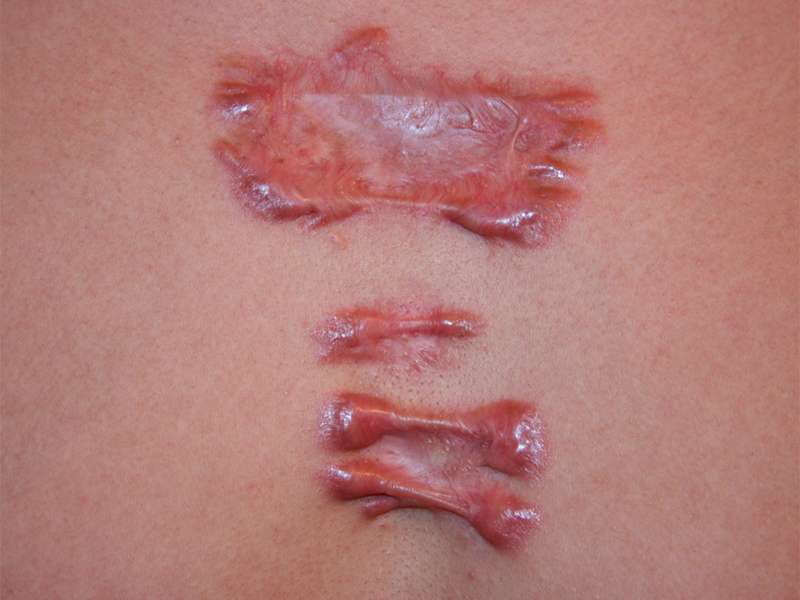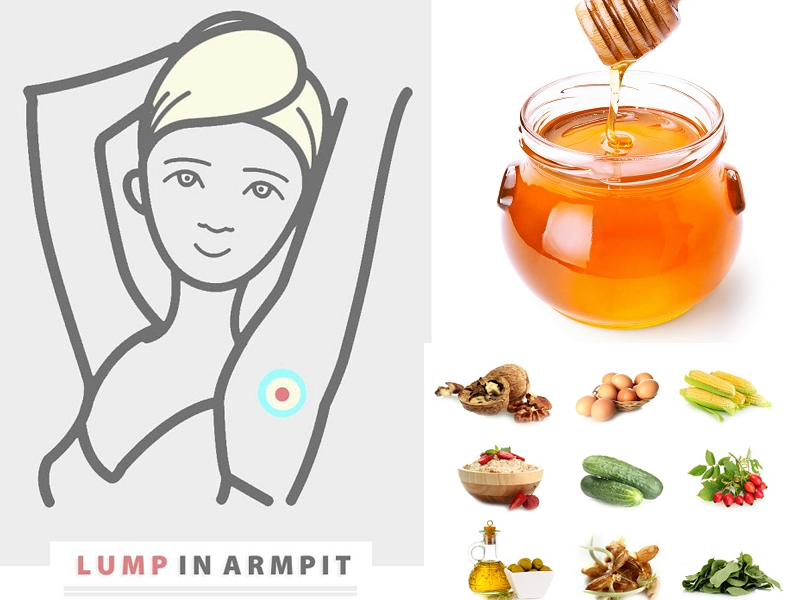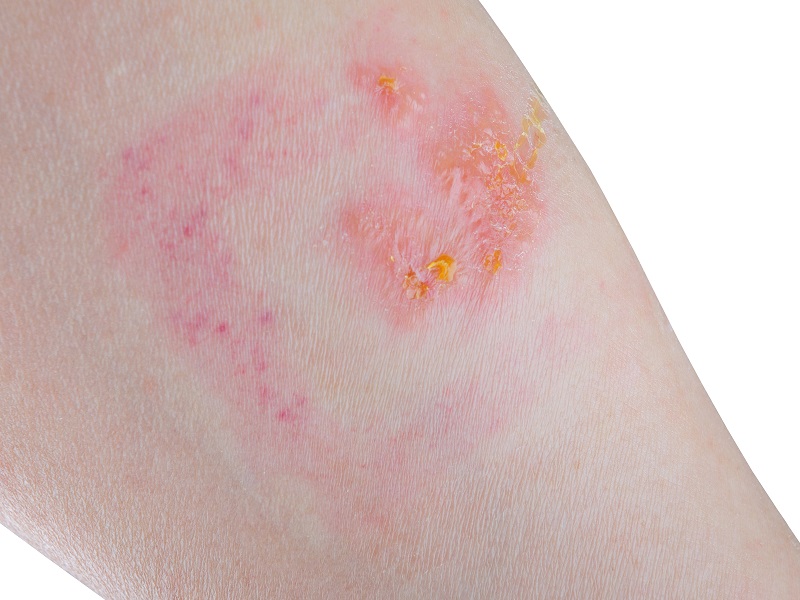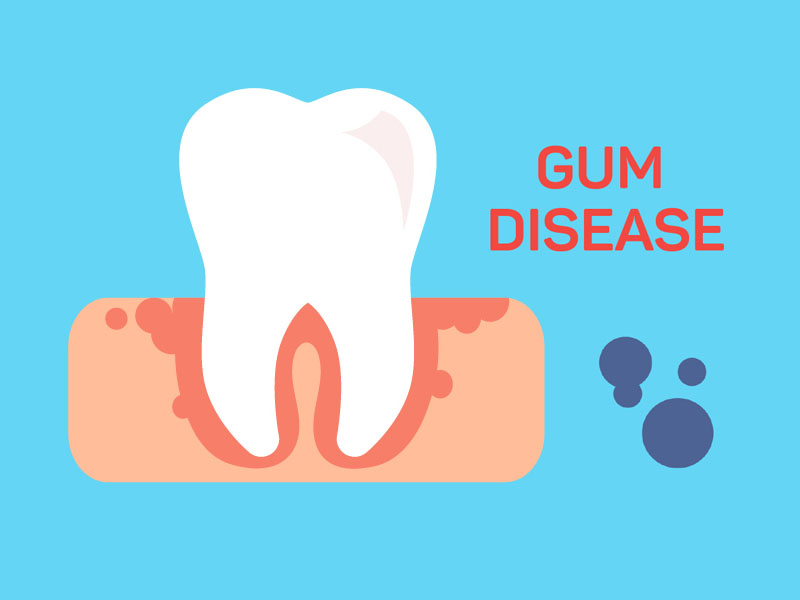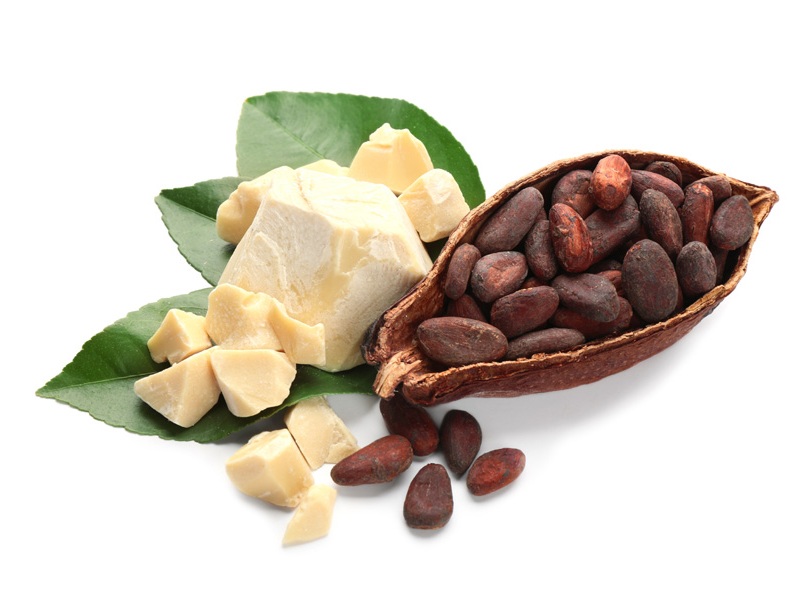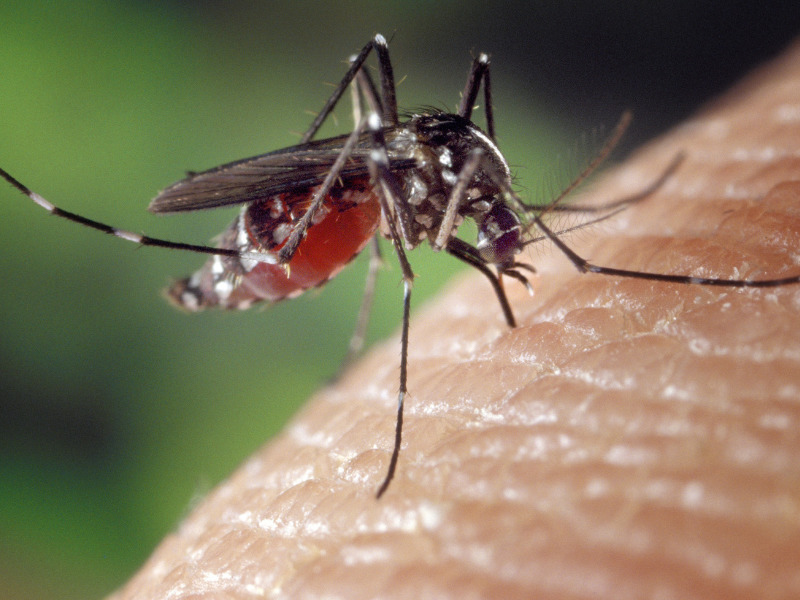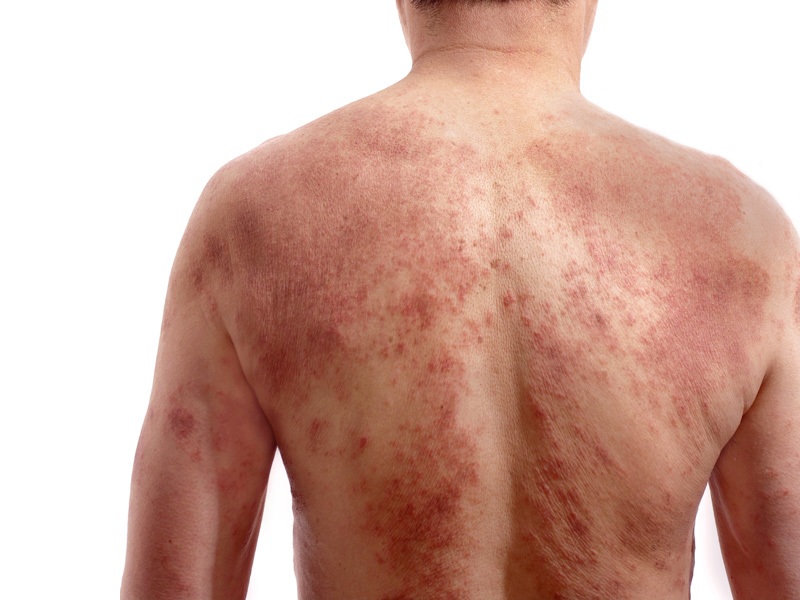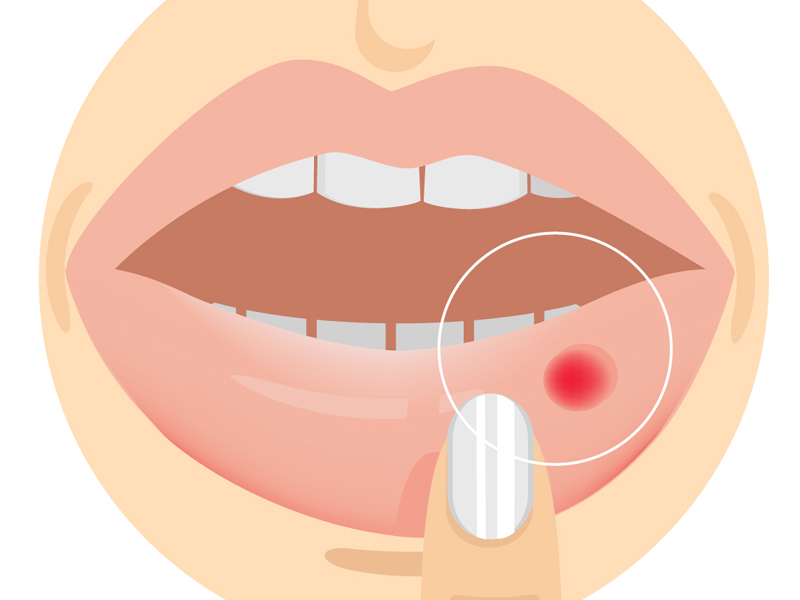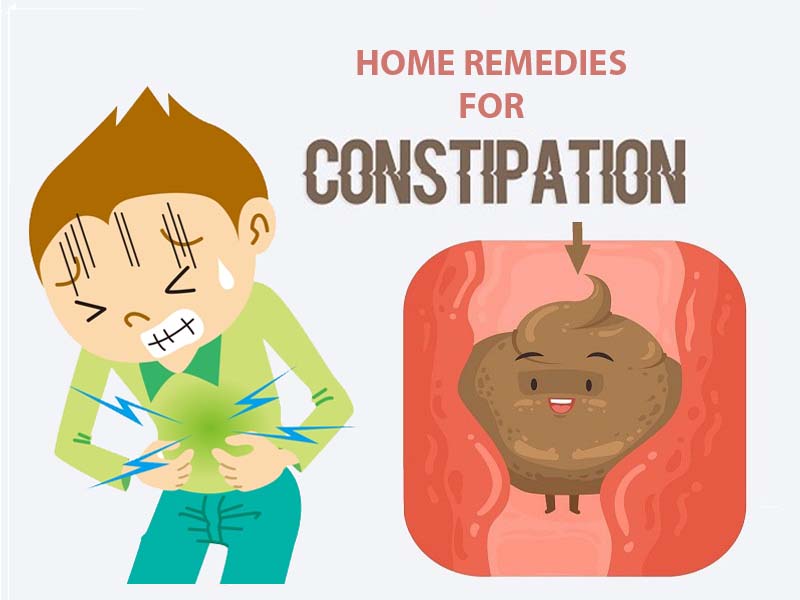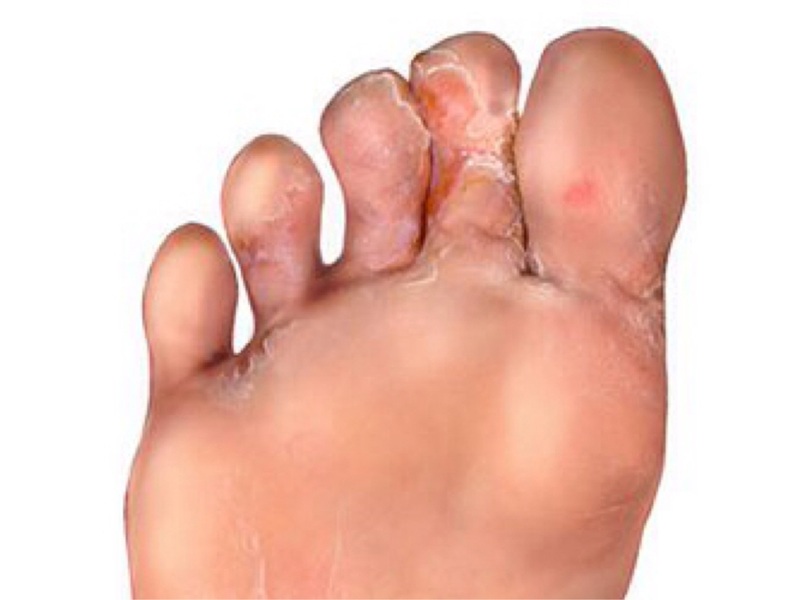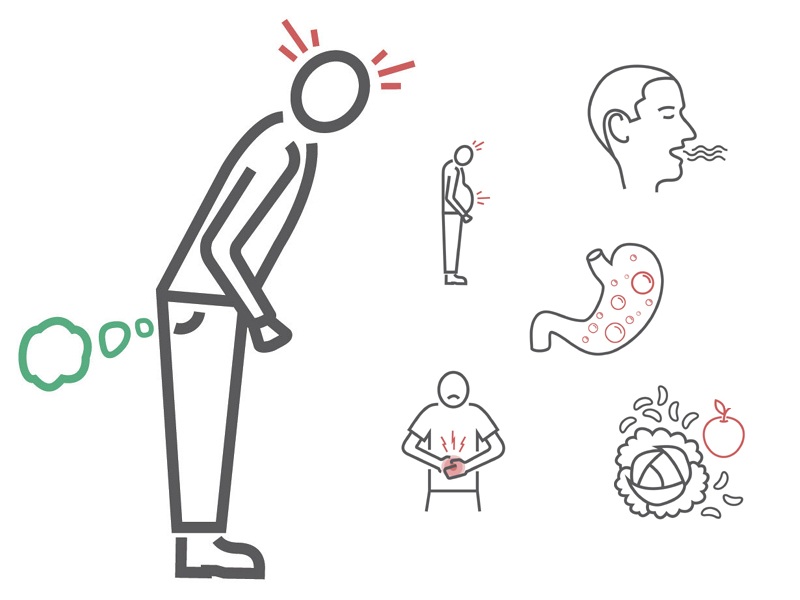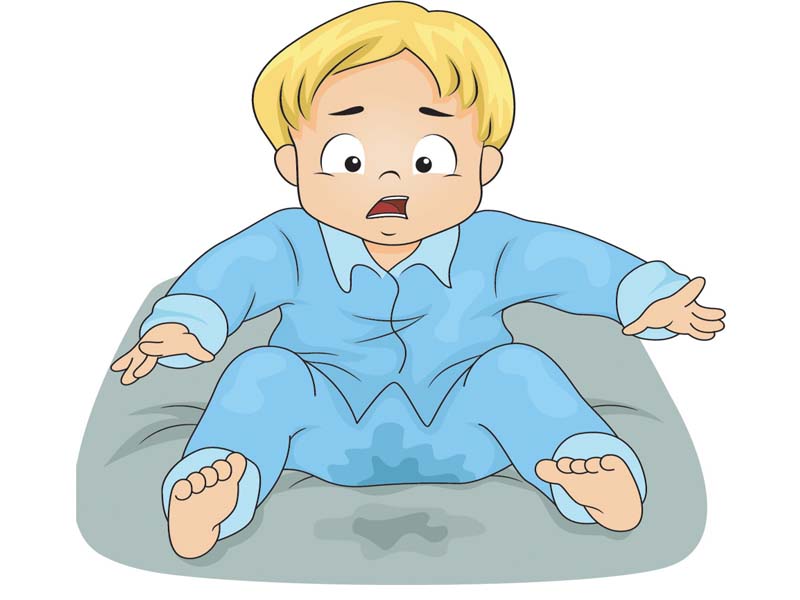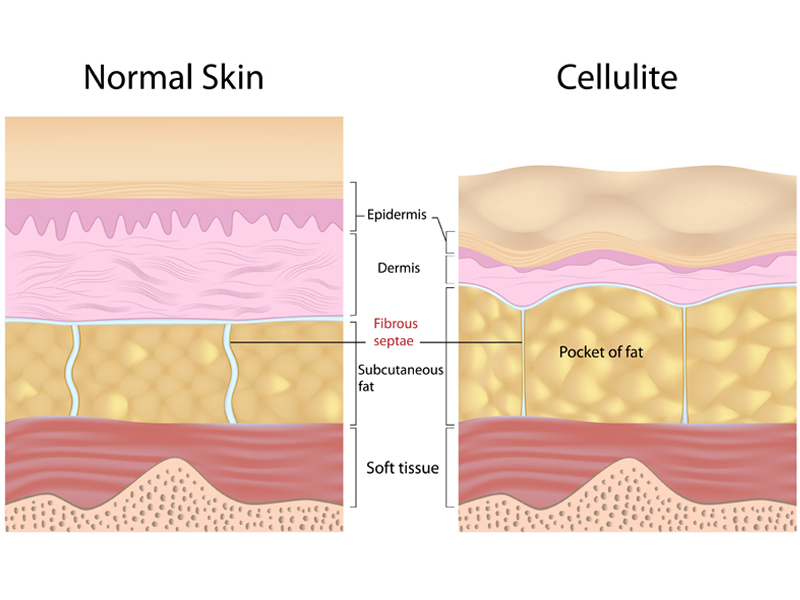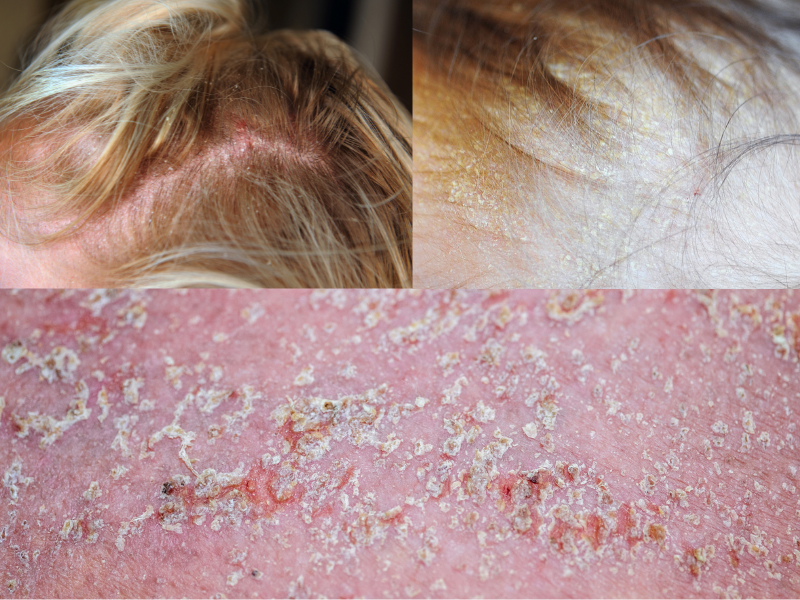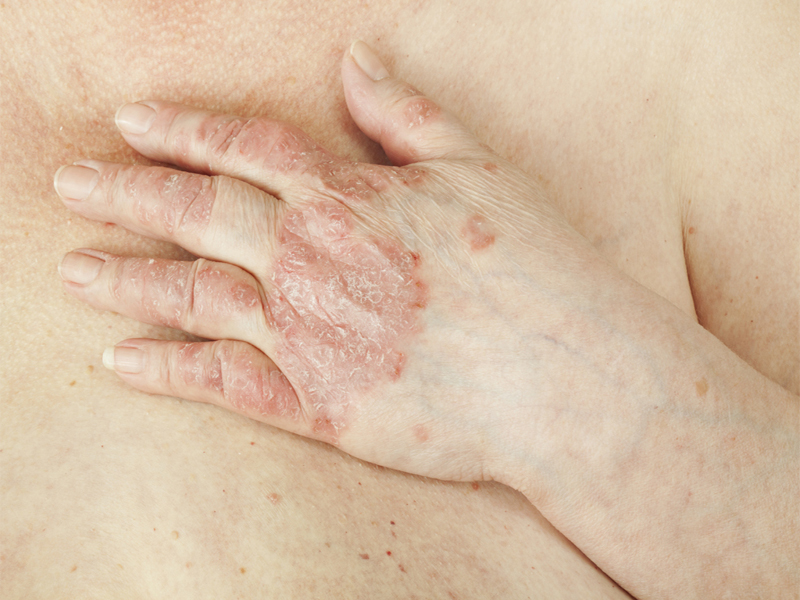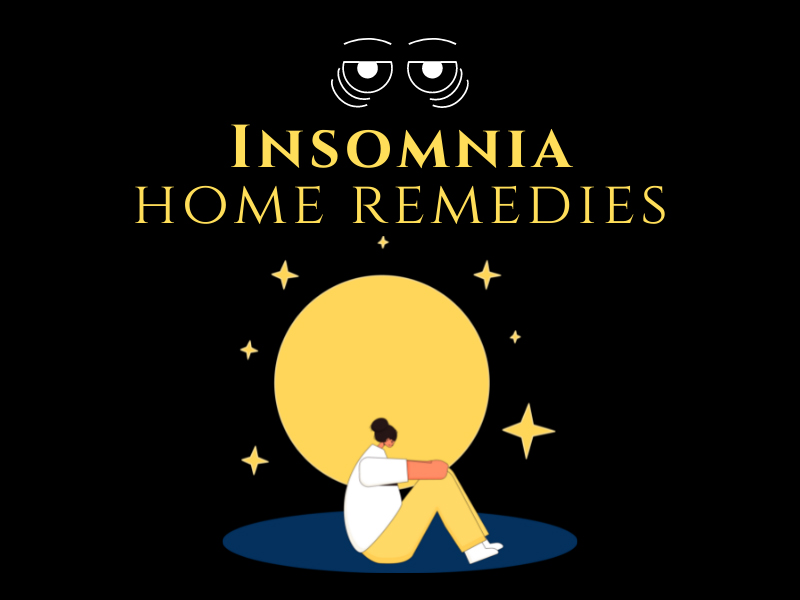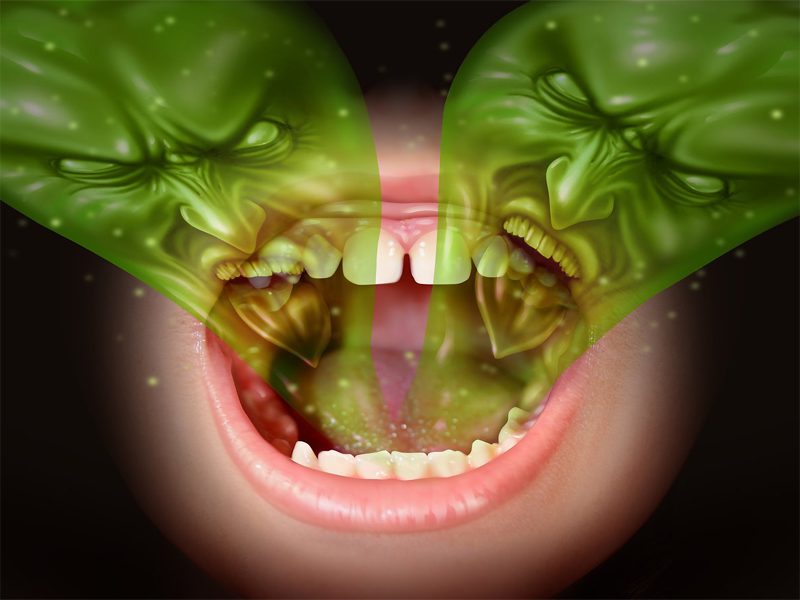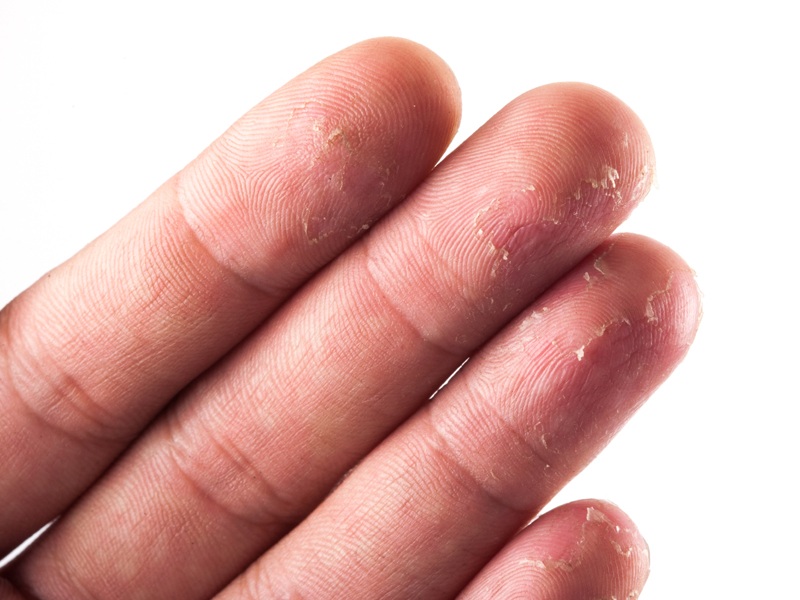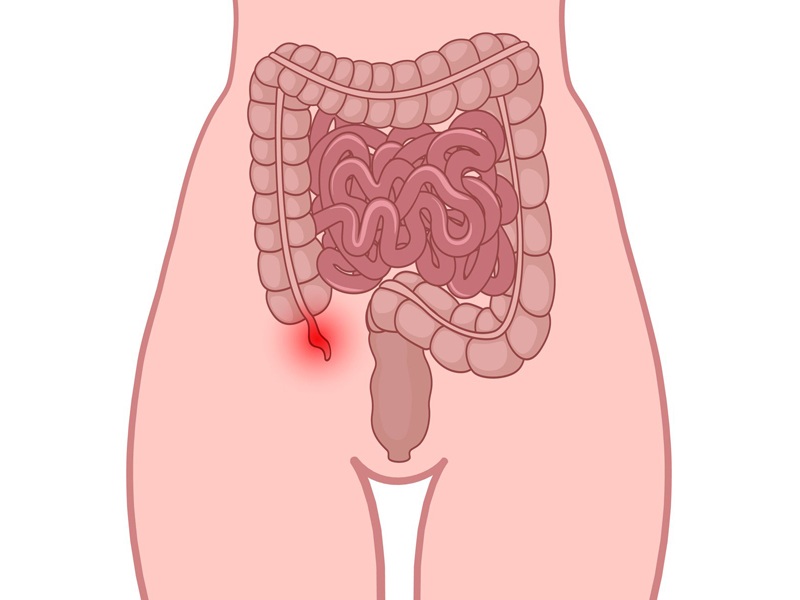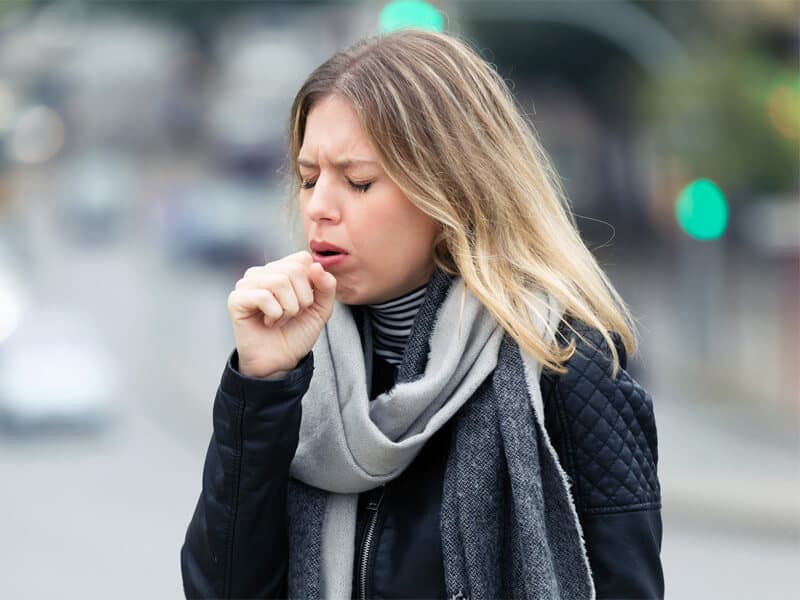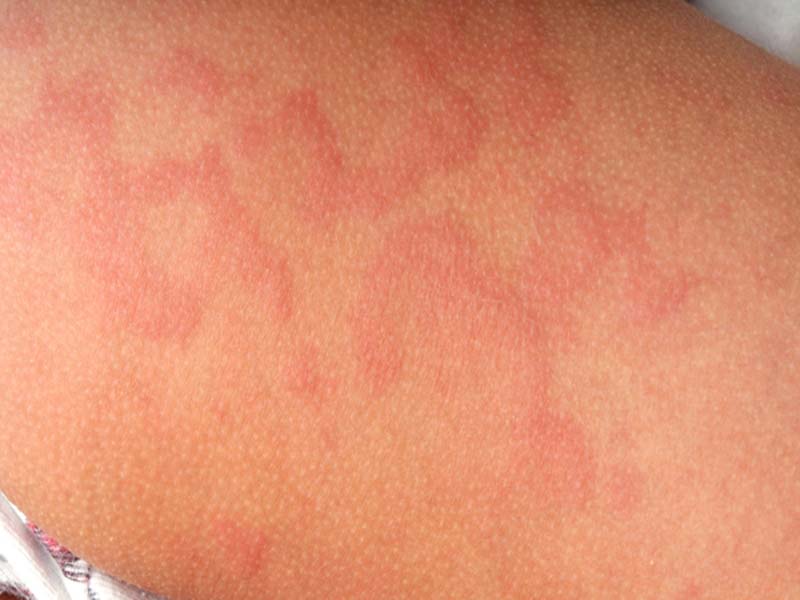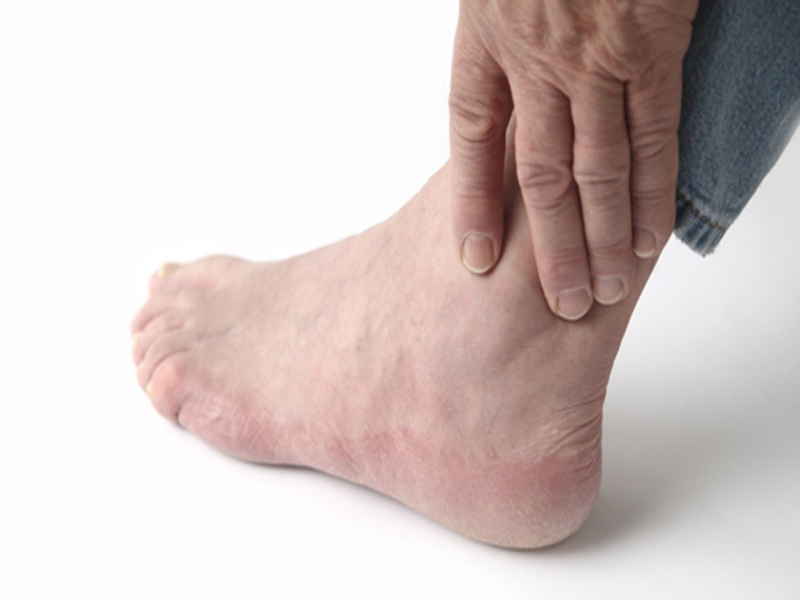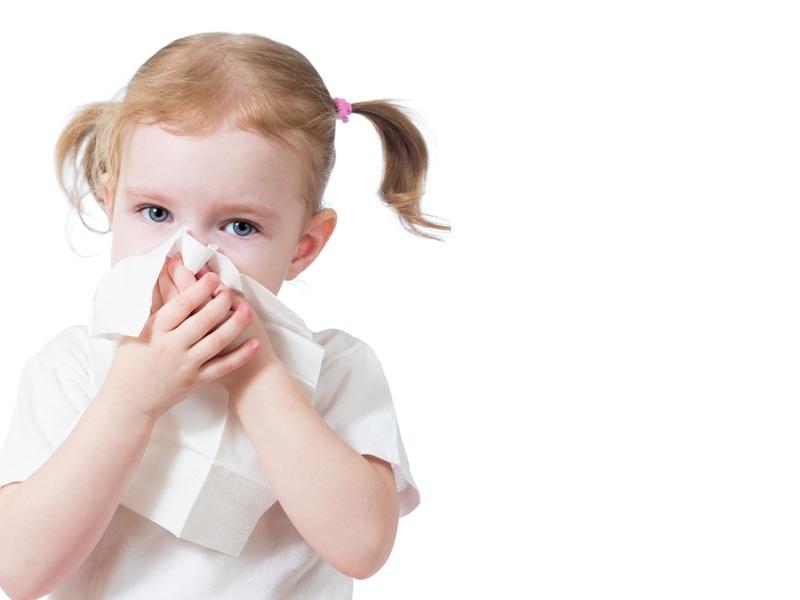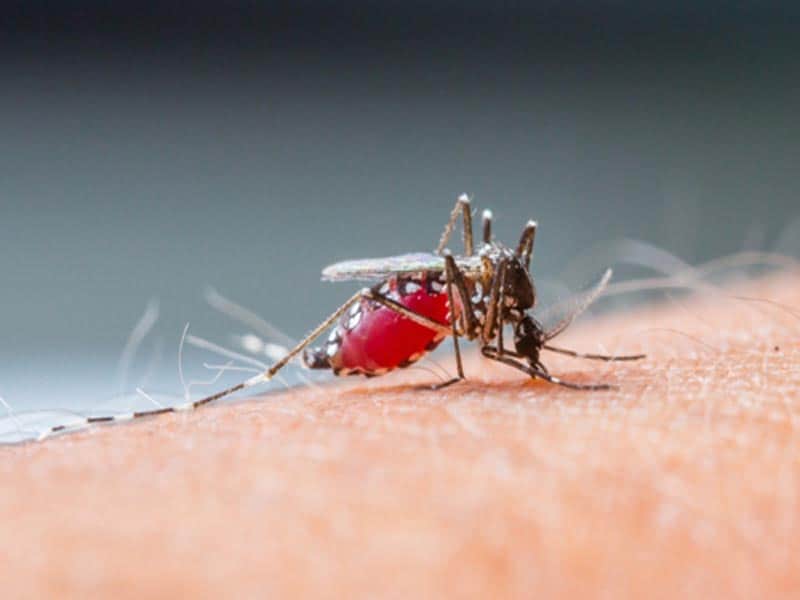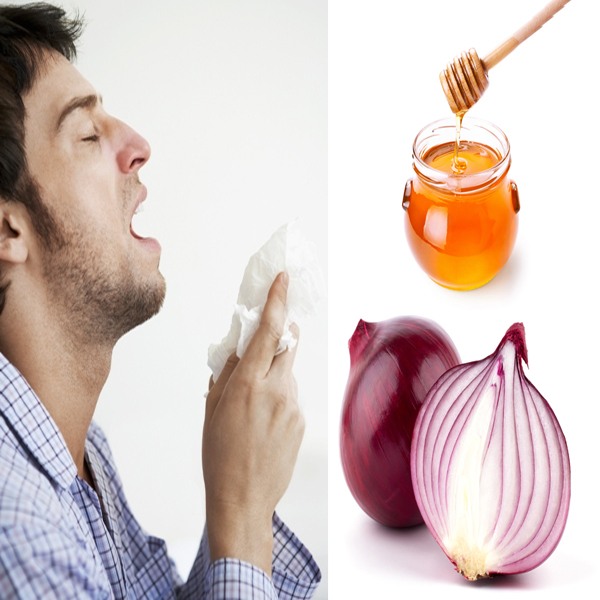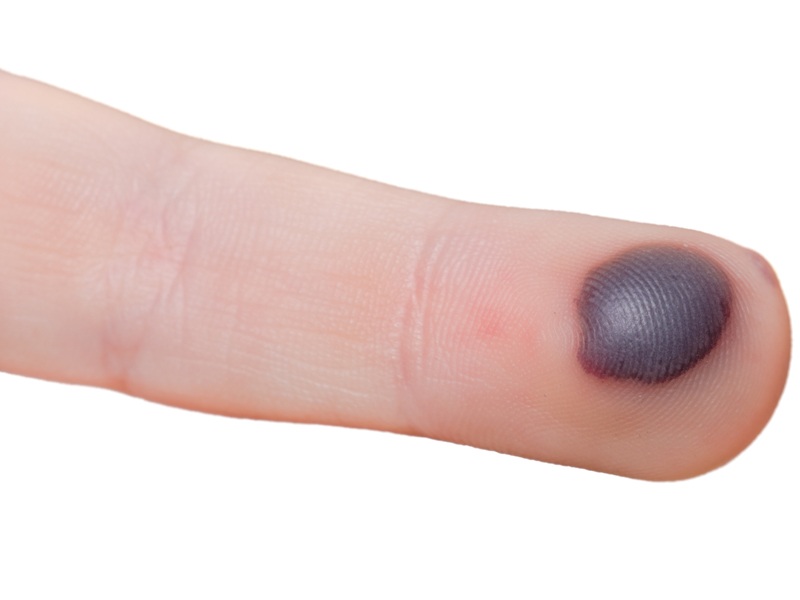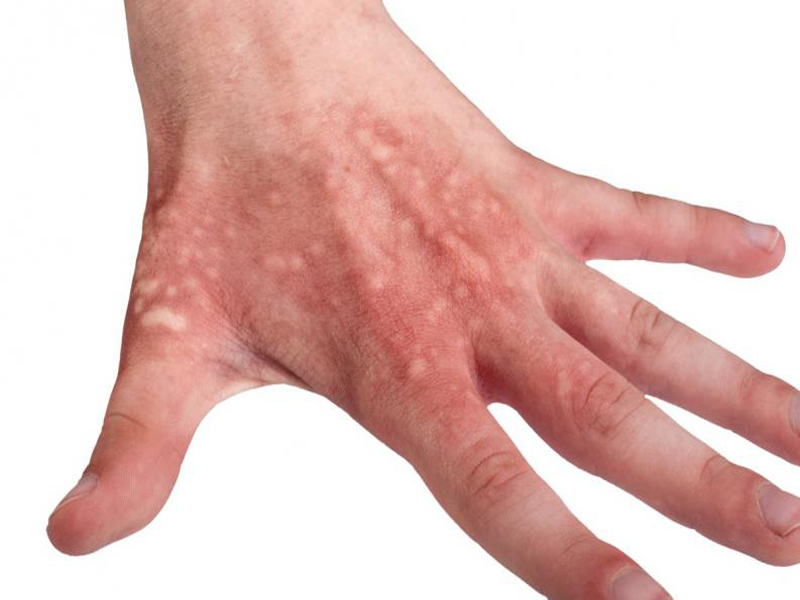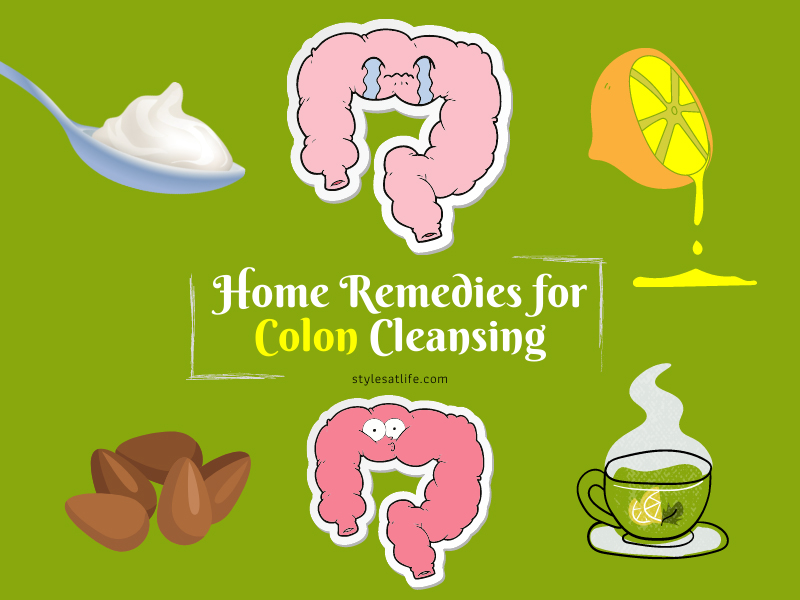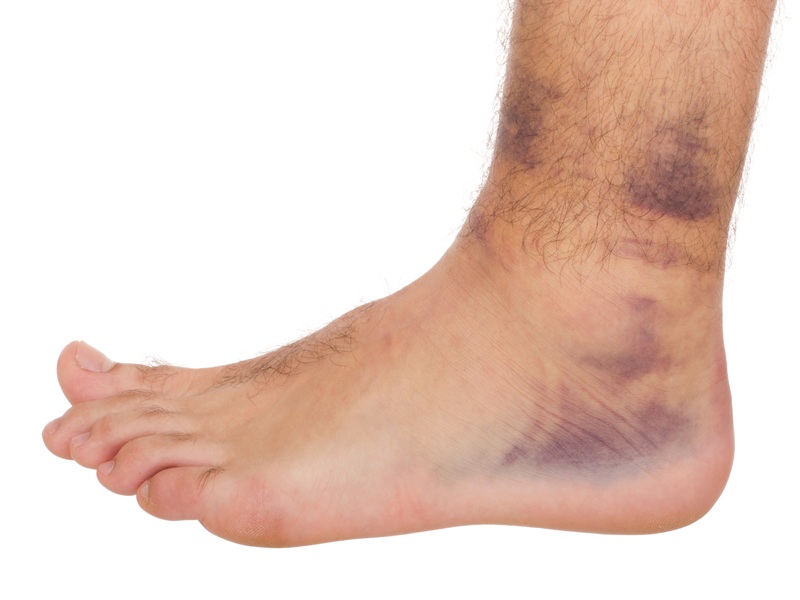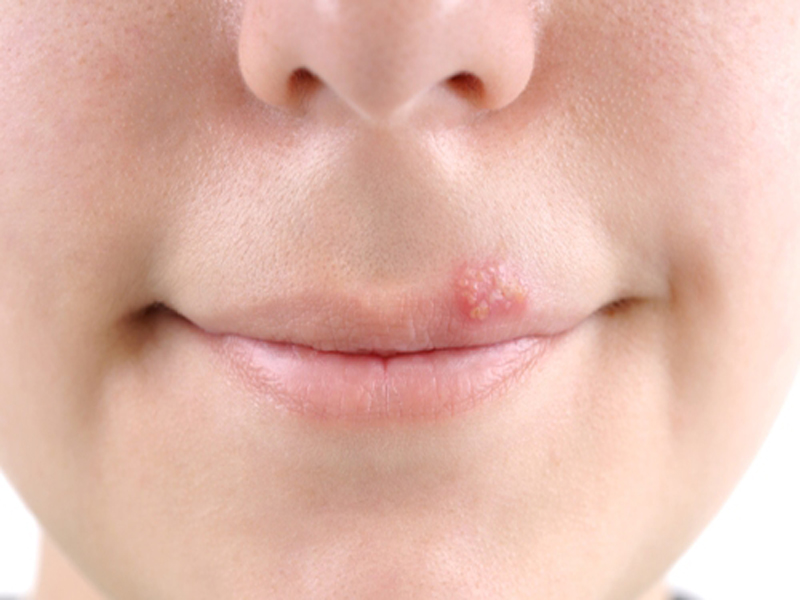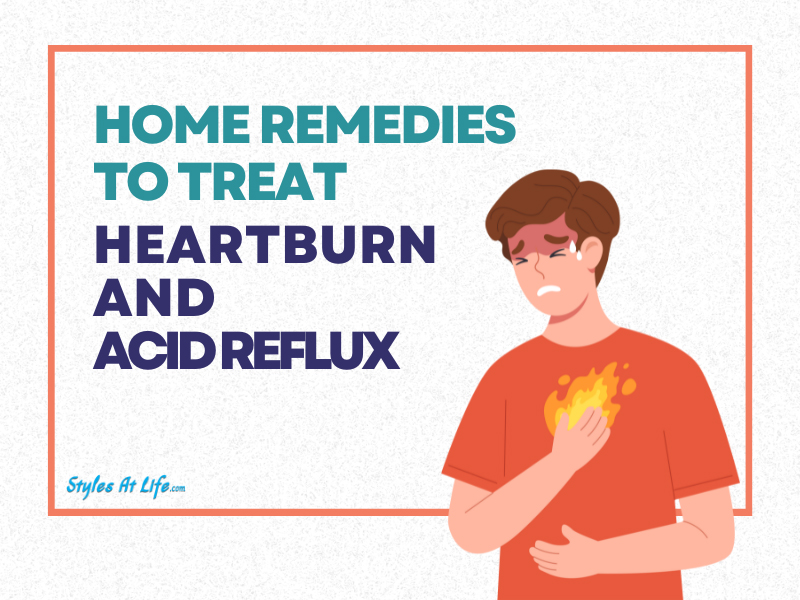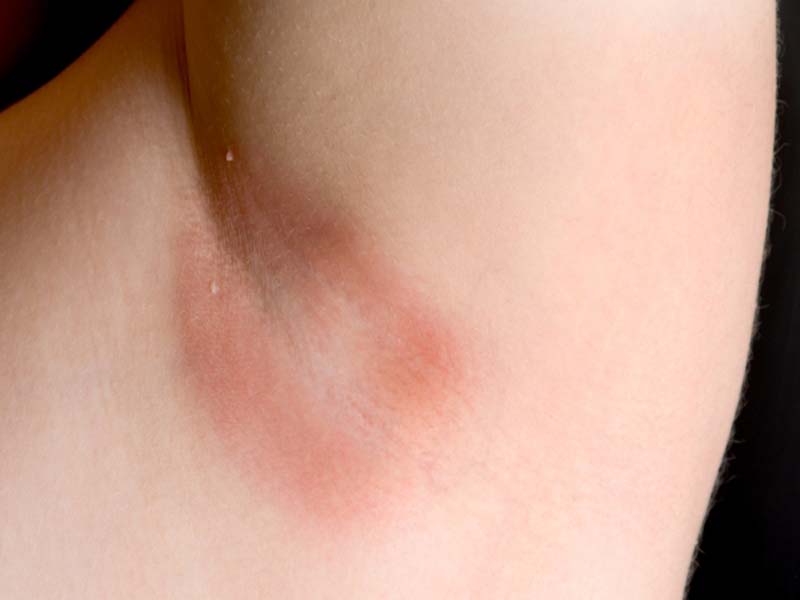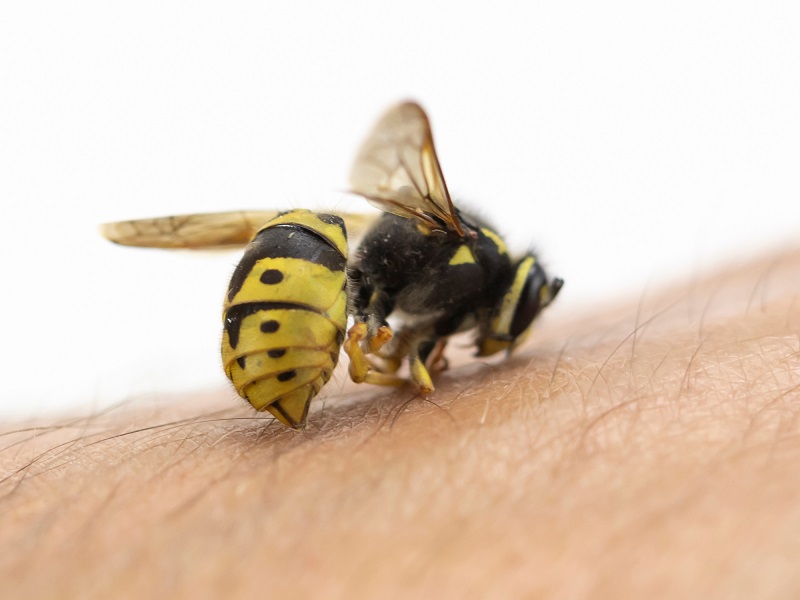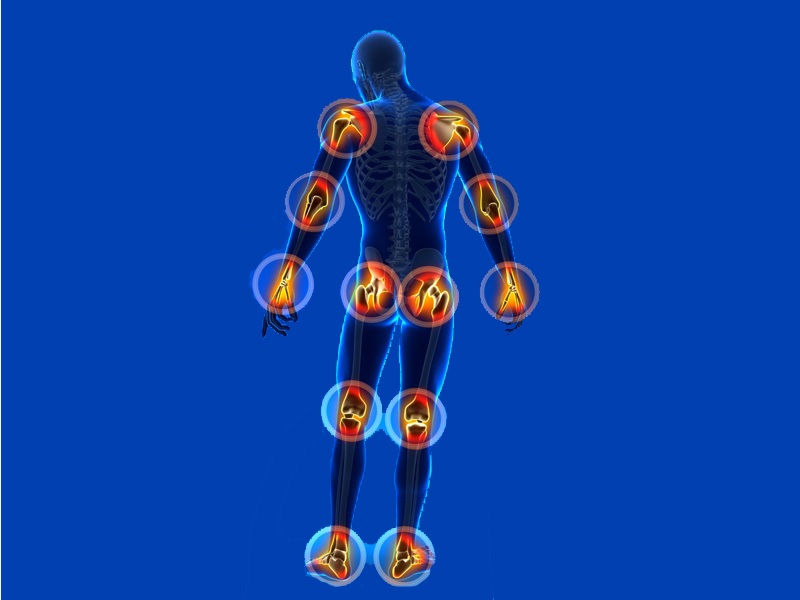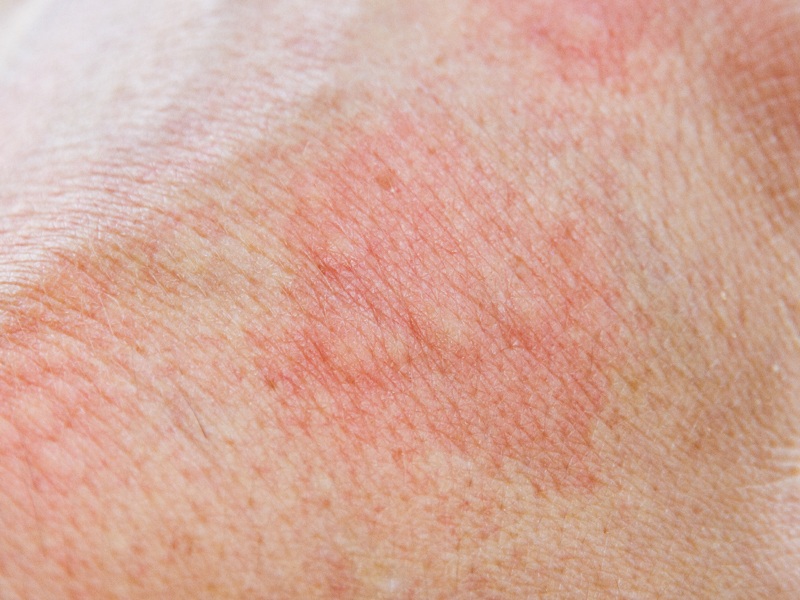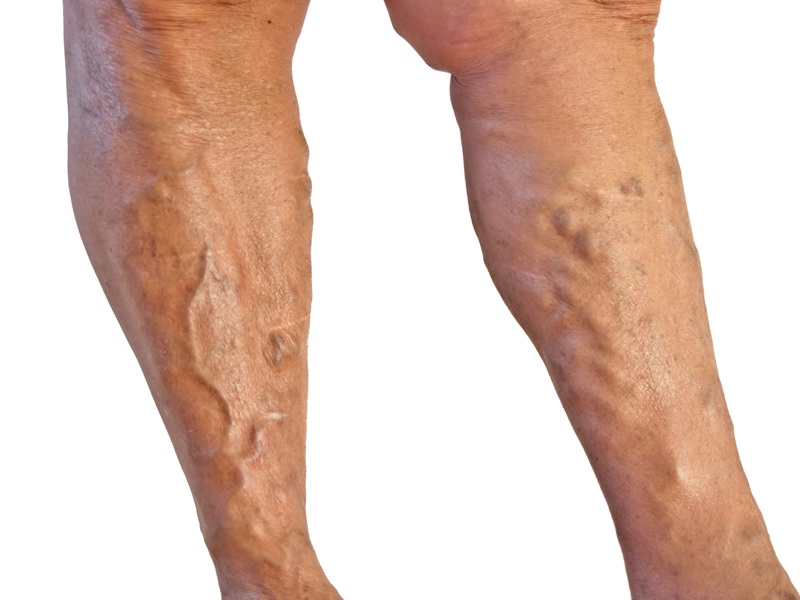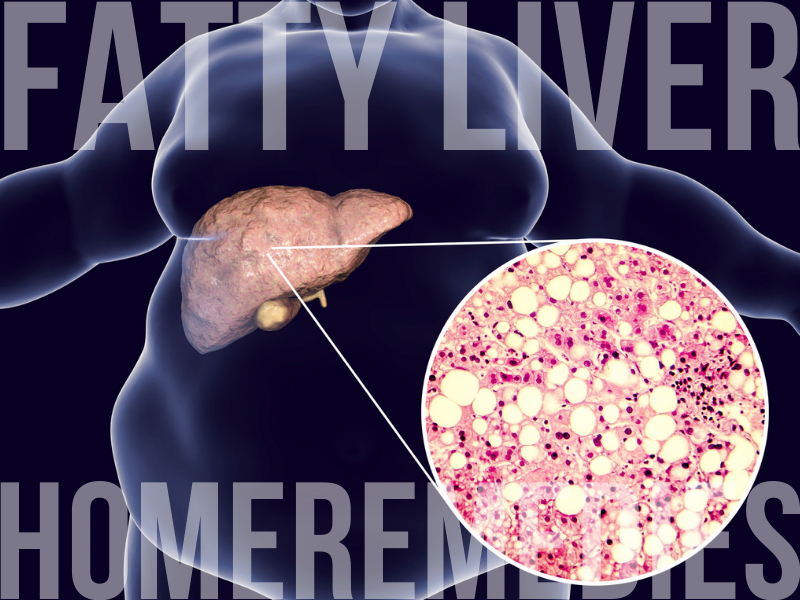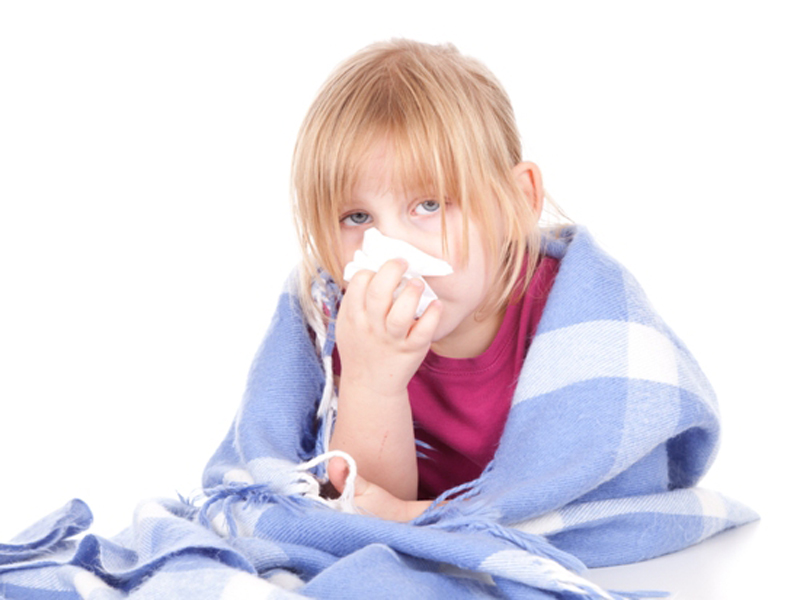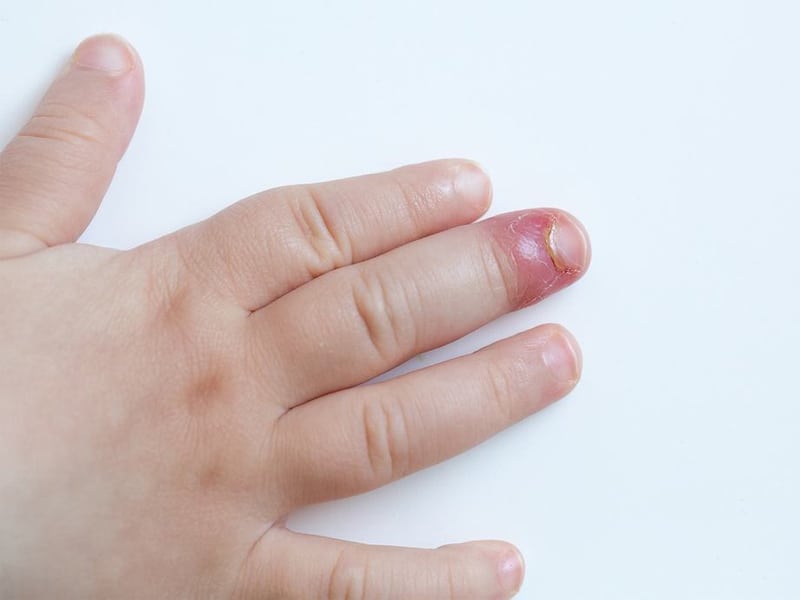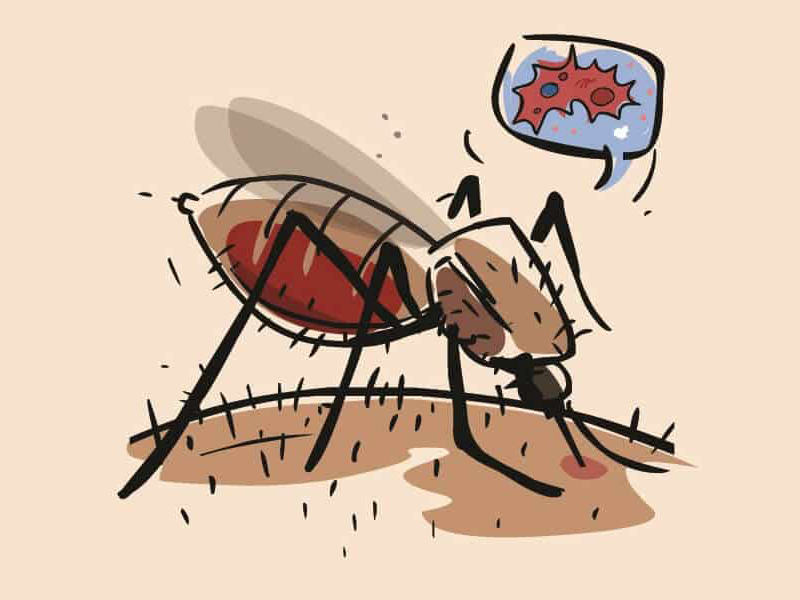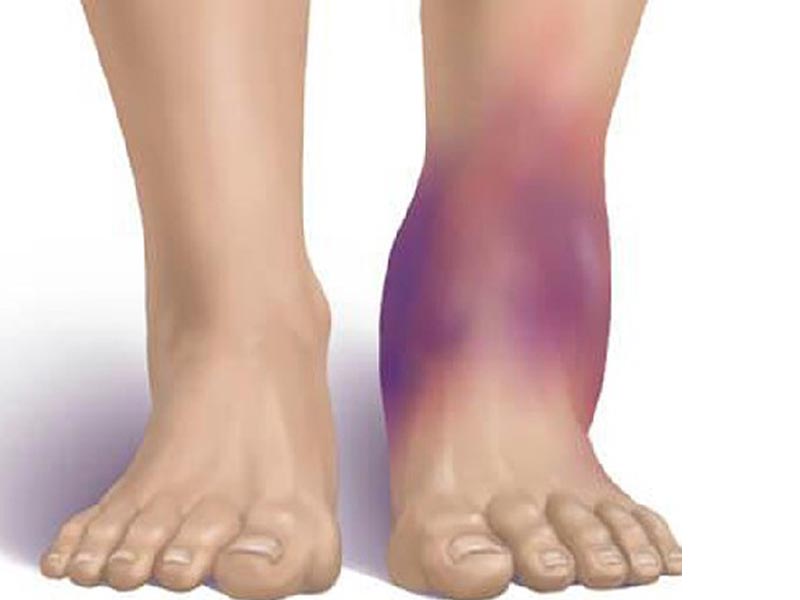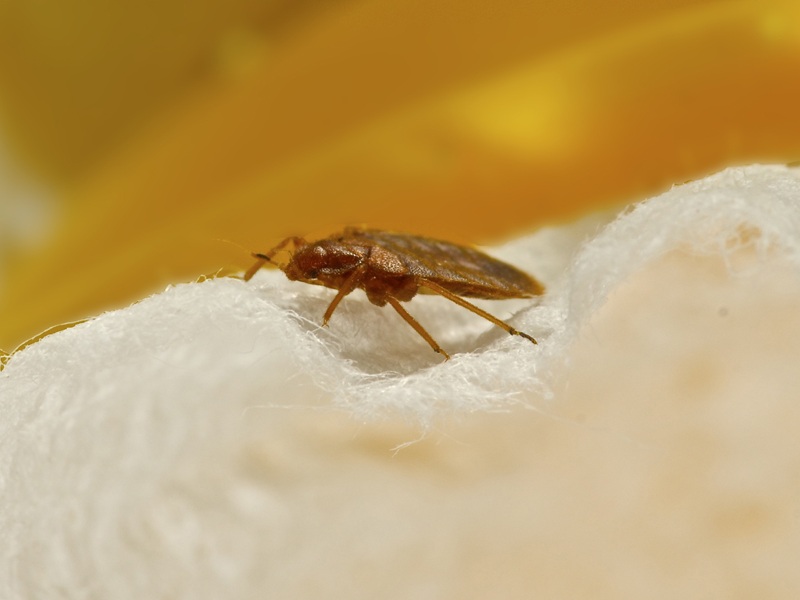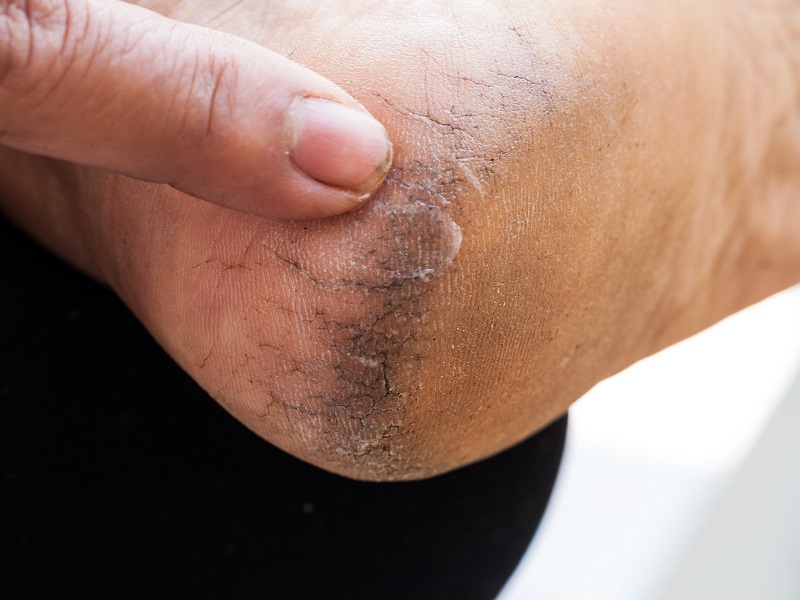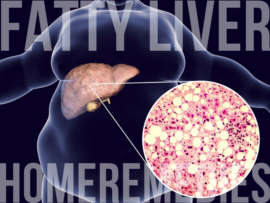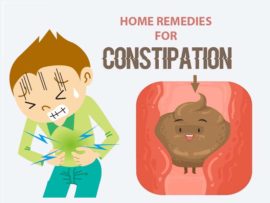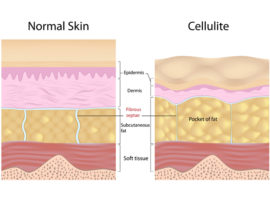Are you looking for home remedies for asthma? Are there natural treatments for asthma? No, there are no natural remedies for asthma treatment, and there is no such research to treat asthma naturally. But, here are some alternative treatments to reduce your symptoms during an asthma attack. Many children and adults today are looking for safe treatment options. There are countless methods like natural relaxation and deep abdominal breathing, yoga which can relieve the symptoms of asthma. There is no shortage of ways to relieve you in the form of home remedies for asthma. Asthma is the most common complication in various respiratory problems and allergic reactions.
Table Of Content:
- What Is Asthma?
- Types Of Asthma
- Symptoms And Causes Of Asthma
- Preventive Measures For Asthma
- Home Remedies For Asthma
- Remedies for Cold And Asthma At Home
- Herbal Medicines For Cough And Asthma
- Exercises For Asthma
- Foods For Asthma
- Complications Of Asthma
What Is Asthma?
Asthma is a respiratory disease that causes narrowing and inflammation of your airways. This condition makes it difficult for one to breathe easily. The standard classic symptoms manifested by one suffering from asthma are wheezing, coughing, shortness of breath, and tightness of the chest. Asthma can sometimes be life-threatening if left untreated. Nowadays, there are several home remedies available to make one feel better. One must always keep the symptoms under control with regular visits to the doctor. There is no cure for asthma disease, though the symptoms can be under control.
Types Of Asthma:
Many factors come into play, and asthma is categorized into different types based on the severity and age of the person. The various types of asthma are:
1. Allergic Asthma:
Certain people suffer from food or skin allergies that can cause asthma symptoms. It can be fatal if it is not treated in the right manner.
2. Bronchial Asthma:
This is a medical condition where there is narrowing and swelling in the airway path of the lungs causing difficulty in breathing. If ignored has proved to be fatal among many.
3. Cough Variant Asthma:
In this type of asthma attack, there is dry cough, which is the only symptom and is common among children. When left untreated, it can progress to chronic asthma.
4. Brittle Asthma:
This is a rare type of asthma, which is very severe. It is also called unstable or unpredictable and can develop into a life-threatening disease.
5. Occupational Asthma:
In this type of asthma is caused by breathing in chemical gas, dust, and fumes in one’s workplace. It creates an allergic or immunologic response. This asthma condition is reversible.
6. Non-allergic Asthma:
In this condition, the symptoms of asthma flare-up either in summer or winter. Stress or breathing problems can trigger it; this may be non-allergic asthma.
Symptoms And Causes Of Asthma:
Childhood asthma is caused due to several reasons; some of the triggers are:
Causes Of Asthma In Childhood
- Common cold (viral infections).
- Exposure to certain allergens.
- Second-hand smoking.
- Allergies to pollen, dander, mould and dust mites.
Causes Of Asthma In Adult:
- Allergen exposure (1).
- Cigarette smoking as well as second-hand smoke (2).
- Chemicals.
- Pollution, dust.
- Dust.
- Animal dander.
- Cold temperature.
Symptoms Of Asthma In Childhood:
- Frequent coughing.
- Wheezing sound while breathing out.
- Chest tightness, shortness of breath or congestion.
- Lack of proper sleep due to difficulty in breathing.
- Fatigue.
Symptoms Of Asthma In Adult:
- Chest tightness and congestion.
- Coughing.
- Increased secretion of mucus in the airways.
- Chest pain.
- Shortness of breath after physical exertion.
- Sleep difficulties.
Asthma Preventive Measures:
- Vaccinations for influenza and pneumonia. (3)(4).
- Identification and prevention of asthma triggers.
- Keep a check over your breathing.
- Identification and treatment of early asthma attacks.
- Exercise caution and judicious use of an inhaler.
- Certain types of food can cause a severe allergic reaction and can mimic symptoms of asthma. Ensure avoidance of foods like eggs, wheat, soy, peanuts, shrimp, and fish.
- Steps to stop smoking and avoid second-hand smoke.
- Use inhaler judiciously.
- To be aware of your triggers of asthma signs and symptoms and avoid them.
Best Home Remedies for Asthma:
Mustard Oil | Ginger | Garlic | Figs | Eucalyptus Oil | Onions | Honey | Coffee | Lemon | Milk and Turmeric | Pomegranate Juice | Cinnamon | Pepper | Honey and Lemon | Turmeric and Honey | Fenugreek | Milk and Honey | Salt and Turmeric | Ginger and Honey | Banana and Barley | Walnut | Ghee | Cloves and Honey | Gooseberries and Honey | Peppermint
Take a look at some of the top-notch natural home remedies for asthma cure. Check them out and use them regularly for the best outcomes.
1. Mustard Oil:
Mustard oil massage helps in clearing the nasal and air passages and is a natural cure for asthma. This massage shows us how to control asthma.
Ingredients Needed:
- Mustard and salt.
How To Do:
- Apply warm mustard oil with salt on the chest and upper back.
How Long To Do And When:
- Do this for 2-3 times a day.
Precautions:
- Mustard plasters should not remain on the skin for more than 15 minutes as it can result in a burn.
2. Ginger :
If you are wondering how to do asthma management at home, then ginger is a natural medicine for asthma with anti-inflammatory properties by opening constricted airways.
Ingredients Needed:
- Ginger root
- lemon
- honey
- water.
How To Do:
- Boil fresh ginger in water.
- Cool and strain,
- adding lemon and honey.
How Long To Do And When:
This can be taken once a day for relief.
Precautions:
It has no significant side effects as long as it is not taken in excess.
3. Garlic:
Garlic helps in numerous ways to clear the congestion in the chest that causes asthma and one of the natural remedies for lungs and asthma. It can thus be a part of asthma diet.
Ingredients Needed:
- Garlic cloves.
- Milk.
How To Do:
- Boil milk after adding 15 cloves of garlic.
- Consume for relief from asthma.
How Long To Do And When:
- One should take these 1-2 times a day.
Precautions:
- Avoid raw garlic as it can create a burning sensation in the mouth.
4. Figs:
Fig is one of the effective home remedies for asthma and bronchitis. It is a healing fruit and can be a natural medicine. It provides relief from breathing difficulties.
Ingredients Needed:
- Dried figs.
How To Do:
- Soak some dried figs in the water overnight.
- Consume it in the morning along with the water it was soaked in
How Long To Do And When:
- Continue this for a few months.
Precautions:
- Dried figs are safe to consume.
5. Eucalyptus Oil:
Among herbal remedies for asthma, eucalyptus oil is the ideal choice. It is a decongestant, and the allergens, which trigger asthma can be reduced with this oil.
Ingredients Needed:
- Eucalyptus oil.
How To Do:
- Add a few drops on the pillow cover while sleeping.
- Another beneficial method is to do inhalation with a few drops added to hot water.
How Long To Do And When:
- Do this once daily.
Precautions:
- Use in moderation as it can cause side effects.
6. Onions:
Onions work best among natural medicine for asthma for cold and cough. It reduces lung tightness and is also a natural form of anti-histamine.
Ingredients Needed: Chop a few onions.
How To Do: Add it to salad and consume.
How Long To Do And When: Can be taken daily for asthma symptoms.
Precautions: Onions are safe as long as one takes it in moderation.
7. Honey:
As one of the natural supplements for asthma and cough, honey is one of the best remedies to consider for troublesome asthma symptoms.(5)
Ingredients Needed: Honey, water and cinnamon powder.
How To Do: Sip warm water to which a teaspoon of honey with a little cinnamon powder is added.
How Long To Do And When: This can be consumed on a daily basis.
Precautions: Honey is generally safe for adults and children, but to avoid it if you have a pollen allergy.
8. Coffee:
There is no substitute like a cup of hot black coffee for asthma treatment at home, as it is one of the best ways to clear the air passages and ease breathing.
Ingredients Needed: Coffee or tea.
How To Do: Strong black coffee or black tea will relieve asthma symptoms.
How Long To Do And When: To take 1-2 times a day.
Precautions: Excess coffee or tea can cause agitation and withdrawal symptoms if stopped abruptly.
9. Lemon:
It is seen that people who have asthma have a deficiency of vitamin C. The vitamins and antioxidants in the lemon will help asthma treatment at home.
Ingredients Needed: Lemon and water.
How To Do: In a glass of warm water squeeze the juice of half a lemon.
How Long To Do And When: Drink this once daily until satisfactory results.
Precautions: Excess of consumption of lime can cause acid reflux in some people.
10. Milk And Turmeric:
Turmeric can help in the reduction of airway obstruction with its inflammatory properties (6). It could help in the complementary treatment and control of asthma risk factors and asthma prevention.
Ingredients Needed: Turmeric and milk.
How To Do: Mix in a teaspoon of turmeric in a glass of milk.
How Long To Do And When: Consume thrice a day.
Precautions: Excess intake of turmeric can cause stomach upset, dizziness, nausea, or diarrhea.
11. Pomegranate Juice:
Pomegranate juice is known to help in asthma treatment easing allergy symptoms, and it is also one of the useful home remedies for asthma.
Ingredients Needed: Pomegranate juice, ginger, and honey.
How To Do: Mix equal quantities of pomegranate juice, ginger juice, and honey. Consume a tablespoon of this mixture at a time
How Long To Do And When: Take this 2-3 times daily.
Precautions: No side effects and can be taken in moderation.
12. Cinnamon:
This magical ingredient cinnamon is one of the better herbal remedies for asthma.
Ingredients Needed: Cinnamon and honey.
How To Do: Mix 1/2 teaspoon of pure cinnamon powder in good quality honey and take on an empty stomach on early in the morning or before going to bed at night.
How Long To Do And When: This can be done once a day.
Precautions: Mouth sores, breathing problems, and low blood sugar are some of the side effects of cinnamon.
13. Pepper:
Pepper is a hot spice and one of the ideal cold and asthma home remedies. It is a natural cure for asthma.
Ingredients Needed: Pepper, turmeric, ginger (powder).
How To Do: Mix 1/4 tablespoon of pepper powder, turmeric, and ginger powder to a little water and then consume this.
How Long To Do And When: Use this twice a day.
Precautions: Excess of pepper can cause a burning sensation in the mouth and stomach.
14. Honey And Lemon:
Lemon is a natural antioxidant and vitamins for asthma. It can effectively clear the immune system of a person. On the other hand, honey is a magical ingredient, and both of these together tell us how to cure asthma at home.
Ingredients Needed: Lemon and honey.
How To Do: Squeeze the juice of a lemon in a glass of water. Mix 1teaspoon of honey to this and consume this.
How Long To Do And When: Take this 2-3 times every day for best results.
Precautions: This is perfectly safe, and there are no side effects.
15. Honey And Turmeric:
This is a very prevalent one among cold and asthma home remedies and one of the best remedies for asthma.
Ingredients Needed: Honey and turmeric.
How To Do: In a bowl and mix in some honey and turmeric.
How Long To Do And When: Consume this solution a few times a day, and you will feel the difference.
Precautions: Honey is safe, except that turmeric can cause some side effects like stomach upset, and diarrhea in some people when taken in excess.
16. Fenugreek For Asthma:
Fenugreek is a natural antioxidant, and home remedies for asthma and bronchitis. One can also have it daily to take care of the lungs.
Ingredients Needed: Fenugreek, ginger, and honey.
How To Do: Soak two tablespoons of fenugreek seeds in water overnight. Next morning strain the seeds and keep the water to which add a teaspoon of ginger juice and a tablespoon of honey.
How Long To Do And When: Can be used once daily.
Precautions: Low blood sugar, gas, and diarrhea are some of the side effects.
17. Milk And Honey:
Among home remedies for cold cough and asthma, this is one magical combination, which can ease asthma attacks in adults and children.
Ingredients Needed: Milk and honey.
How To Do: Mix in a tablespoon of honey in milk and consume for effective results.
How Long To Do And When: Take this once daily.
Precautions: Avoid milk if you are lactose intolerant.
18. Salt And Turmeric:
The combination of salt and turmeric is beneficial for bronchitis ailment and effective herbal medicine for cough and asthma. Bronchitis can lead to severe asthma attacks. This can cure both.
Ingredients Needed: Salt and turmeric
How To Do: Dissolve in a cup of hot water 1/4 teaspoon of salt and turmeric and consume.
How Long To Do And When: This can be taken daily.
Precautions: Turmeric in excess can cause stomach pain dizziness or even abnormal heart rhythm in some people.
19. Ginger And Honey:
Both these ingredients are essential in curing asthma and individually too. One can imagine the goodness of it when both of these ingredients are combined to ease asthma attack and make it excellent home remedies for asthma and shortness of breath.
Ingredients Needed: Ginger and honey.
How To Do: Chop a small amount of ginger into thin slices and place them in a bowl. Now pour an ample amount of honey to soak all the ginger pieces. Consume this mixture as much as you tolerate, do not take in excess.
How Long To Do And When: This can be taken daily.
Precautions: Ginger sometimes reacts with medicines which slow blood clotting.
20. Banana And Barley:
Excessive phlegm in the lungs and airways of the respiratory system often lead to asthma attacks. A combination of banana paste, barley, and turmeric is wonderful in treating stubborn phlegm and ease breathing. Banana works best as part of home remedies for asthma and shortness of breath.
Ingredients Needed: Banana, barley, and turmeric.
How To Do: Take a bowl and mix in all the three ingredients in equal quantities and make a smooth paste.
How Long To Do And When: Consume this about five times every day without fail.
Precautions: Too much of bananas cause sleepiness and headaches, barley has gluten, so people with wheat allergy best avoid it.
21. Walnut:
The best way to remove sticky phlegm is the combination of walnuts and ginger slices and makes it ideal as natural remedies for lungs and asthma.
Ingredients Needed: Walnuts and ginger.
How To Do: Take an equal amount of ginger and walnuts. Now remove the skin from the walnuts and grind them with ginger slices into a smooth paste. Now add this to some hot water to make some tea.
How Long To Do And When: This can be consumed 5 times daily.
Precautions: Walnuts should be consumed in moderation as it can cause allergy in some people.
22. Ghee For Asthma:
Among home remedies for asthma and allergies, this is a very interesting remedy to cure bronchitis, and you do not have to consume this like the other home remedies.
Ingredients Needed: Ghee
How To Do: Make a paste with turmeric, black pepper, and ghee in equal quantities. This is now the remedy to cure bronchitis if you keep applying this on the said areas.
How Long To Do And When: The paste can be applied once daily.
Precautions: Ghee in excess can cause LDL cholesterol levels to rise.
23. Honey And Cloves:
It is common to use cloves in the culinary world. Many are not aware that it can also ease asthma symptoms. Cloves work best as home remedies for asthma and allergies.
Ingredients Needed: Cloves and Honey.
How To Do: Boil water in a pan and add five cloves to it, mix in some honey after cooling it and consume.
How Long To Do And When: It can be taken 4-5 times a day.
Precautions: Rash, sore gums are some common side effects, so take in moderation if there is an irritation.
24. Honey And Gooseberries:
Indian gooseberries/amla make an excellent remedy for asthma treatment as it alleviates the symptoms and vitamin C in it can cure infections.
Ingredients Needed: Few gooseberries/amla.
How To Do: Crush a few amlas, add honey to this, and make a coarse mixture.
How Long To Do And When: Consume this 3 times daily.
Precautions: Amlas do not have known side effects.
25. Peppermint:
Peppermint is one of the best herbs for asthma treatment and eases breathing, keeping you comfortable. It reduces asthma’s effect on the bronchial smooth muscle.
Ingredients Needed: Peppermint oil/extract.
How To Do: Add 8-10 drops of peppermint oil in a cup of boiling water. This creates humidity and makes breathing easier.
How Long To Do And When: It can be done daily.
Precautions: Flushing, headache, and heartburn are a few of the side effects.
Remedies For Cold and Asthma At Home:
Sometimes even a mild cold can worsen the asthma symptoms and cause wheezing and tightness in the chest. The airways become inflamed, and there is more production of mucus. Flu and cold are common triggers that create flare-ups in children. Some of the home remedies for asthma:
- Remain hydrated with water, warm lemon water with honey
- Sufficient rest.
- Use of a humidifier.
- Gargling with saltwater
- Tea with Lemon and honey
Herbal Medicine For Cough And Asthma:
Eucalyptus oil is an excellent home remedy for cough and asthma. Inhaling the vapours help with breathing issues like bronchitis and asthma. Plenty of liquids soothe throat that is raw with coughing. A few easy ways of natural cure for asthma are:
- Honey Tea
- Ginger
- Fluids
- Herbal teas
- Decaffeinated black tea
- Warm water
- Steam
Top 5 Exercises For Asthma:
Yoga for asthma focuses on breath and stress control. These make it a great exercise for asthma and lung function. (7) Along with yoga, some of the mudras are specifically designed for some health disorders. Like for asthma, there are numerous mudras for asthma.
1. Savasana(Corpse Pose):
Savasana pose (Corpse pose) is recommended for asthma relief because of the breath control and stress management it offers. This pose has several mental benefits, it relieves stress, relaxes the body, and reduces fatigue, and headache.
How To Do:
- Lay on your back with the arms by your side with feet and palms open.
- Close your eyes and let yourself relax.
- Focus attention on your breath; breathing should be slow and rhythmic
- Stay in the position for 5-10 minutes, maintaining even breathing
2. Sukhasana (Pleasant Pose):
These yoga breathing exercises for asthma is ideal for both beginners and advanced practitioners. It focuses on the breathing and improves the function of your lungs.
How To Do Sukhasana:
- Stretch your feet out after sitting with your spine straight.
- Cross your knees and keep them wide, then cross your shins and keep feet under the knees.
- Allow your feet to remain relaxed.
- Now place your palms on your lap one on top of the other.
- Focus on deep breaths.
- Do this for 10 to 15 minutes.
3. Setu Bhandasana (Bridge Pose):
The bridge pose helps in opening up your lungs. This pose has several other benefits like improving the function of your thyroid glands, strengthening bones, improving digestion, and immunity. It also relaxes tired muscles.
How To Do:
- Lay down flat on the yoga mat with your arms and palms facing down.
- Bend your knees so that your feet are flat on the floor.
- Inhale and press feet firmly on the ground and lift your hip up.
- Slowly rest weight on your shoulders.
- Remain in this position while taking 8-10 deep breaths.
- Exhale and lower down your spine slowly.
- Stand up after taking some deep breaths.
4. Bending Pose:
The Bending pose is a simple pose that you can try out to reduce the asthma symptoms as it helps by opening up lungs.
How To Do:
- Stand straight with legs apart (hip width).
- Now bend the body forward, bending your knees a little to relieve any lower back strain.
- Next lift your body and bend a little forward with the knees still bent.
- Fold arms with the palms holding elbows of opposite hands.
- Allow your body to hang with your eyes closed and take deep breaths.
5. Baddhakonasana (Butterfly Pose)
This is one of the most recommended poses for asthma patients. This yoga is a relaxing kind of exercise that gives relief from asthma symptoms. It improves circulation to the body including the lungs and provides relief from fatigue.
How To Do:
- Sit on a mat with legs in a relaxed manner.
- Pull your feet inward bending your knees.
- Bring your feet together.
- With your hands hold your feet tightly.
- Push down while inhaling deeply.
- Keep doing this for 8-10 minutes.
- Finally, stretch your legs out slowly.
An attack of asthma can sometimes be very severe, home remedies can prevent further escalation of the symptoms. These simple remedies are not just to cure asthma, but certainly, go a long way in alleviating your symptoms until you can seek professional help.
Foods For Asthma:
Foods To Eat:
Evidence reveals that people who consume diets rich in vitamins C and E, beta-carotene, magnesium, flavonoids, omega-3 fatty acids, and selenium have lower occurrences of asthma. Many of these are antioxidants and protect cells from damage. This would be an ideal asthma diet.
- Vitamin D-rich foods (milk and eggs).
- Beta carotene-rich vegetables (carrots and leafy greens).
- Magnesium-rich foods (spinach and pumpkin seeds)
- Diet high in nuts and fruits like apples, grapes, tomatoes, fish, grapefruit, bananas and cheese
- Vitamin D supplements reduce asthma attacks
- Magnesium and Vitamin C help in having healthier lungs.
Foods To Avoid:
Contrary to what people believe, foods rarely trigger asthma attacks. It is an allergic reaction to some foods that can irritate asthma patients. Preservatives added to certain food can also trigger asthma attacks.
- High-calorie diets.
- Sulfites used to keep food fresh can trigger temporary asthma symptoms.
- Avoid foods that trigger asthma causing reflux of stomach acid.
- Avoid eating just before bedtime.
- Some people develop food allergies to:
-
- Eggs.
- Cow’s milk.
- Peanuts.
- Soy.
- Wheat.
- Fish.
- Tree nuts.
Complications And Effects Of Asthma:
The symptoms of asthma and severity can vary from person to person. Most people with asthma do not manifest symptoms constantly. When the symptoms are not controlled sufficiently, it can lead to serious flare-ups and complications of asthma.
- Constant fatigue.
- Difficulty in performing activities of daily living.
- Pneumonia.
- Increase in mucus production.
- Bronchial tubes become narrow and thick leading to respiratory failure.
- Severe chest pain.
- Coughing.
- Wheezing.
- Tightness in the chest.
- Shortness of breath.
When To Consult A Doctor?
The child must be taken to the doctor immediately for asthma treatment without hesitation when the following symptoms manifest. Symptoms like irregular and rapid breathing, tightness in the chest, unable to stand or sit still, unusual fatigue, and wheezing require professional attention. This will prevent long-term damage and prevent the condition from worsening over time. At times even a well-managed asthma attack can sometimes get out of control, so it is always safer to seek medical attention for certain symptoms like severe breathlessness or wheezing. Do not ignore these early symptoms of asthma, like being unable to speak due to shortness of breath.
Frequently Asked Questions:
1. How Can One Prevent Asthma Flare-ups Or Attacks?
There are many things that you can do to prevent the worsening of your asthma. You can begin by minimizing the triggers responsible for such attacks by taking sufficient measures either at school, place of work or home(allergic to cat/dog fur/dander). Those with chronic asthma complaints must take care to take the drugs prescribed by their doctor regularly. Ensure that you take your annual flu shots and finally avoid smoking/second-hand smoke exposure.
2. How To Find Out If One Has Asthma?
To be able to diagnose asthma, the doctor will have to take a detailed medical history and then perform a physical exam. One may even need a lung function test and a couple of other tests like a chest or sinus X-ray. It is always safer to visit a doctor if one experiences breathing problems regularly.
3. How Can I Avoid Asthma Symptoms After Exercising?
People with asthma tend to have some difficulty in breathing or experience chest tightness after or during exercise. People tend to breathe through their mouth while exercising, thereby triggering asthma symptoms. The ideal thing would be to breathe in and out comfortably through the nose. With proper guidance, they can continue to exercise by taking inhaled medications before exercise to prevent exercise-induced asthma symptoms. Those with known allergies can avoid outside activity during high pollen days. It is best to restrict exercise when one is sick with viral infections.
Disclaimer: To keep your asthma symptoms under control it is better to follow the three-step approach to keep symptoms under control. Effective asthma treatment needs routine monitoring by a doctor who will maintain a record of breathing tests performed as this is one disease where the symptoms and severity keep changing.



